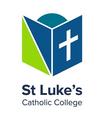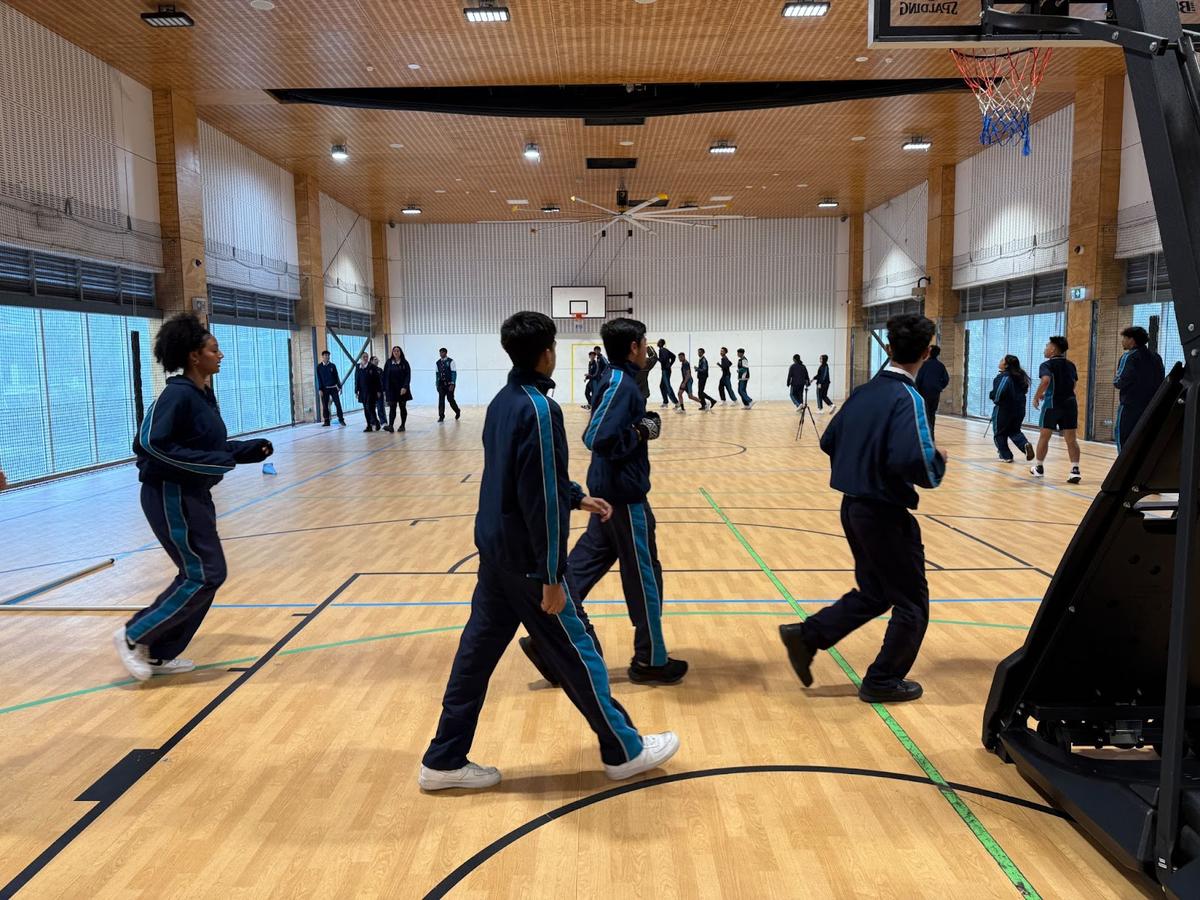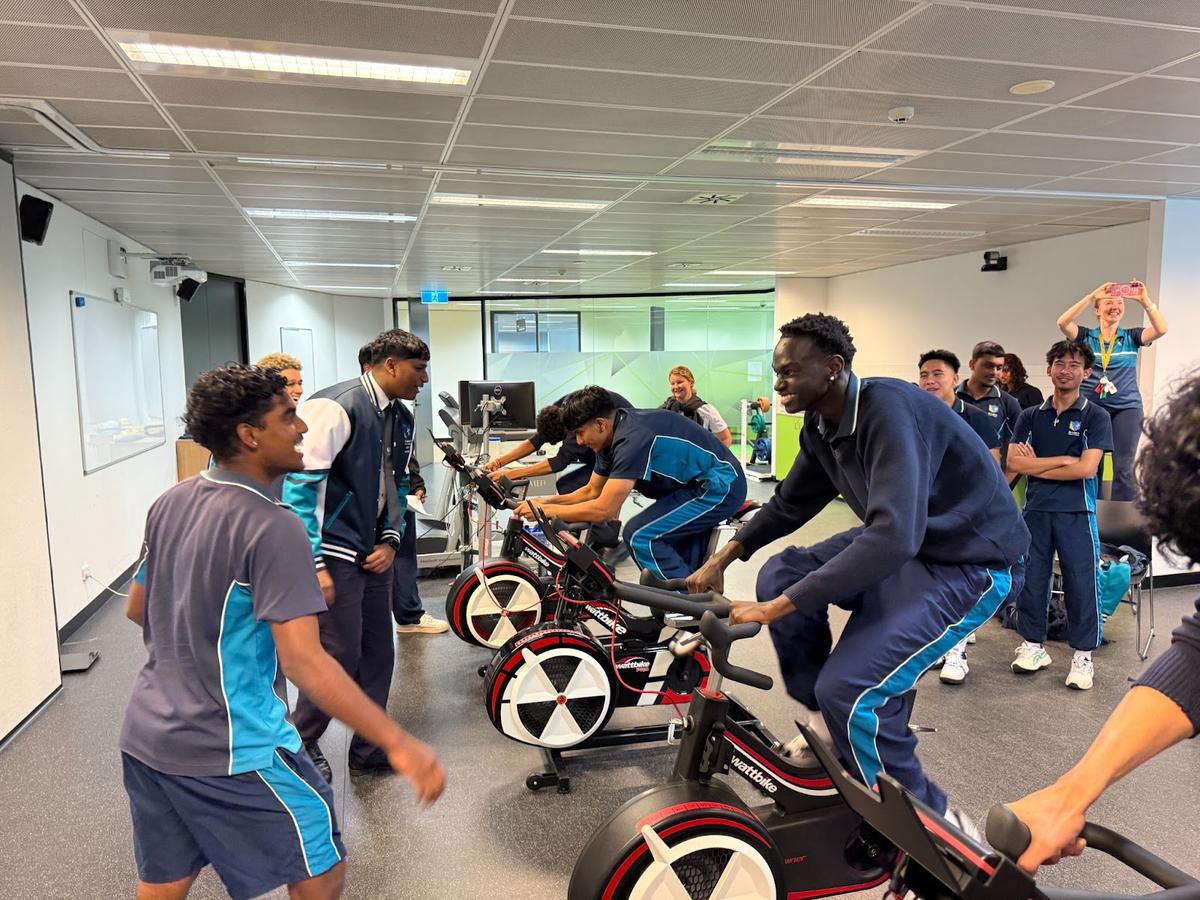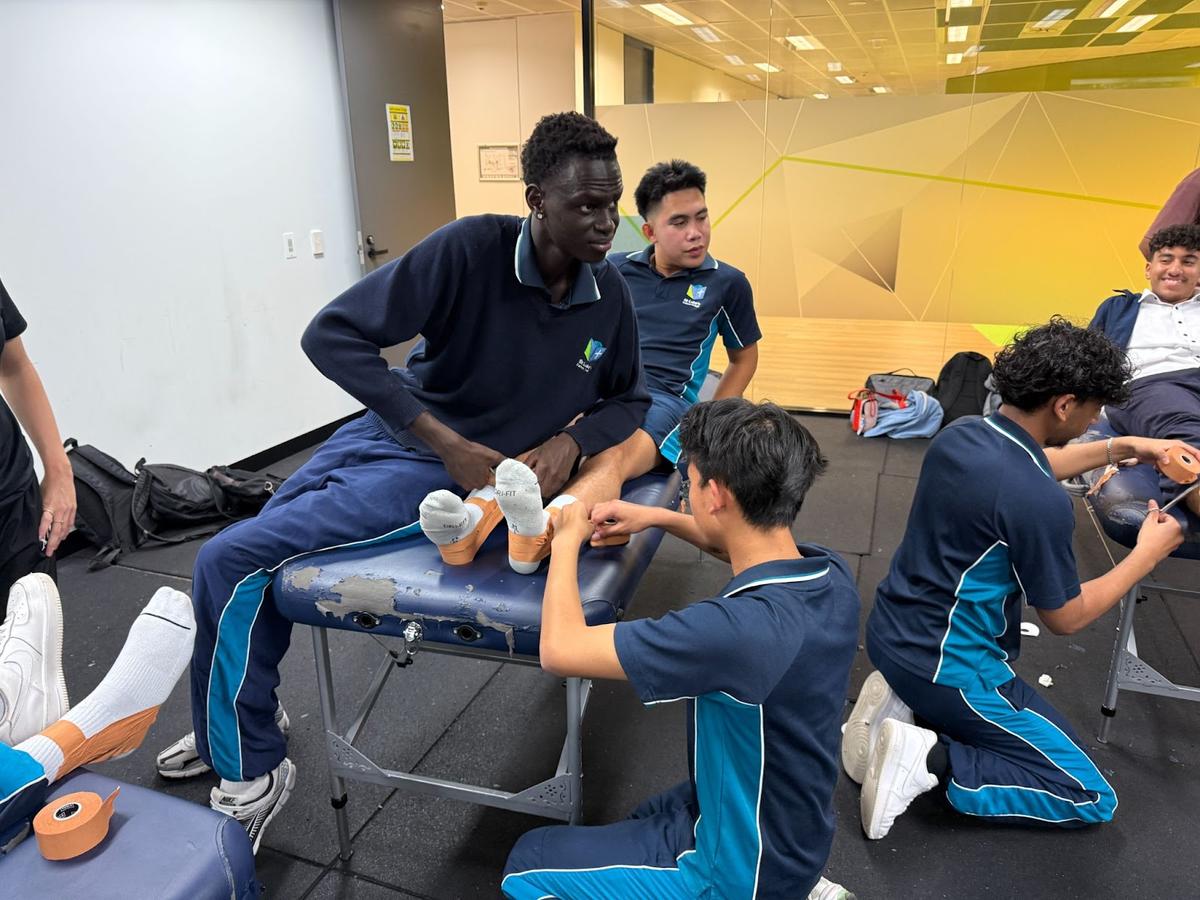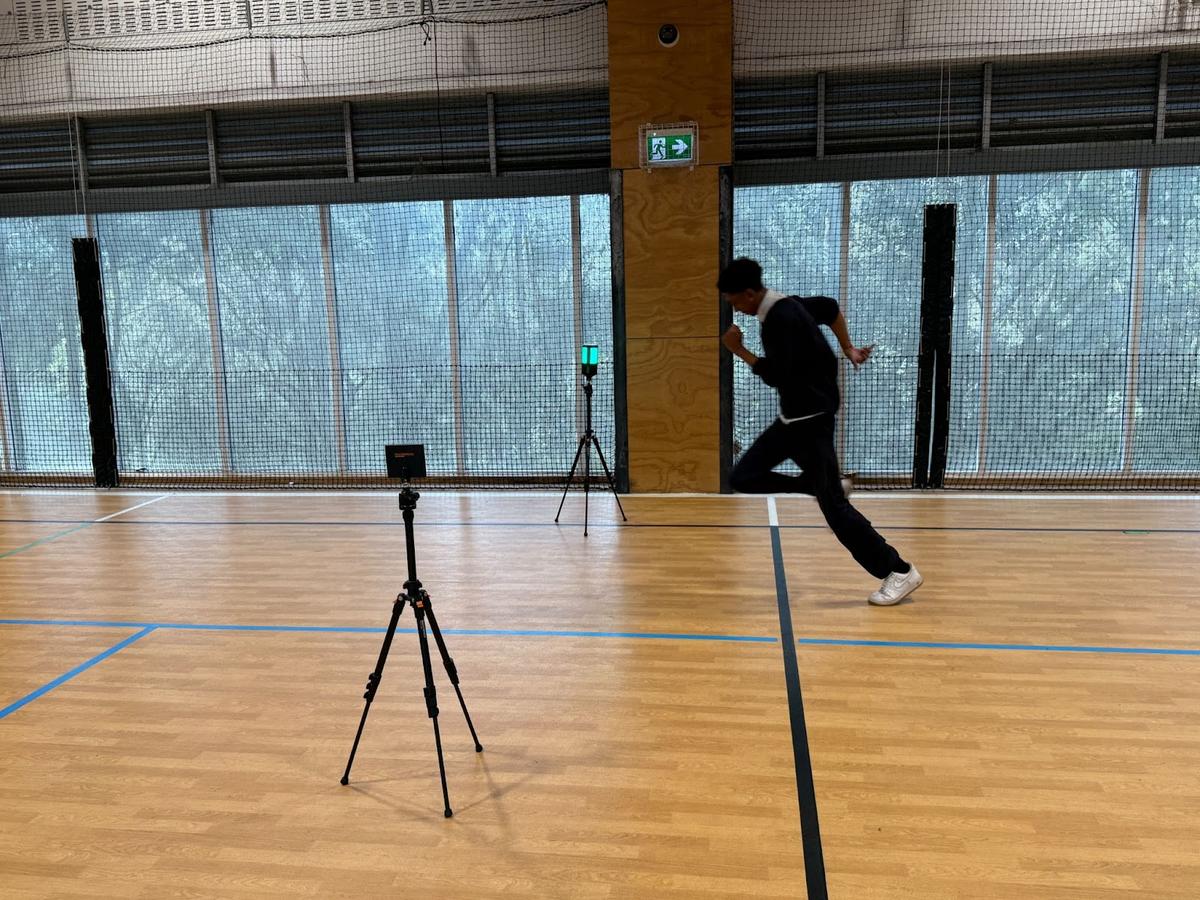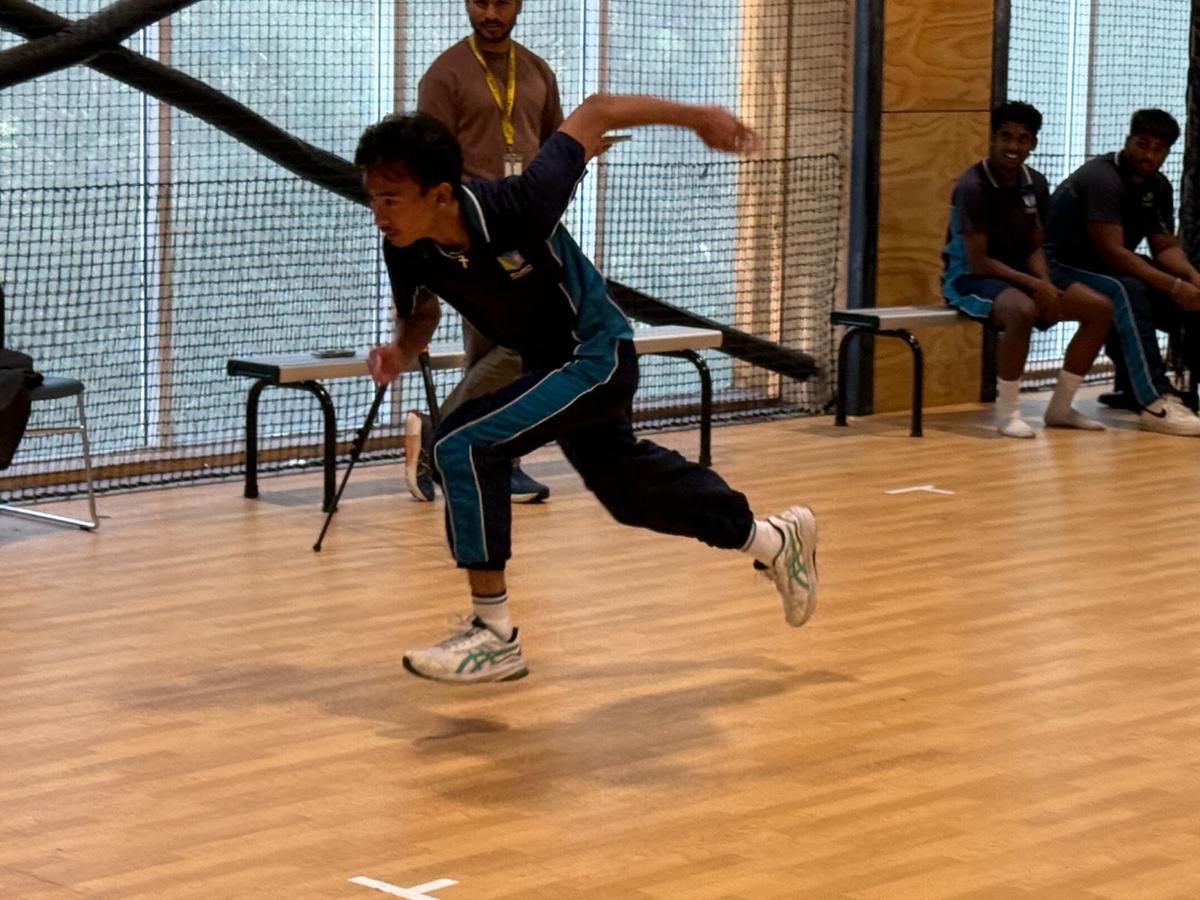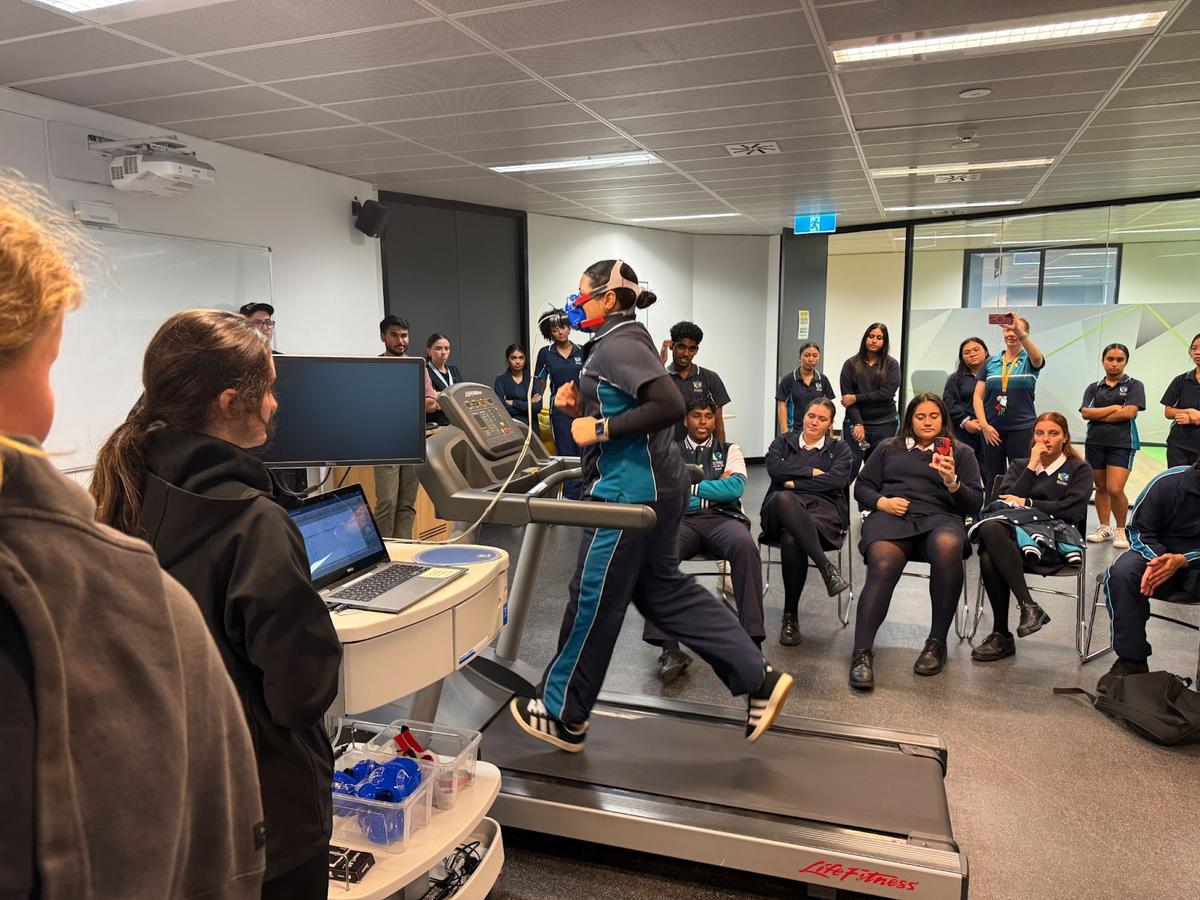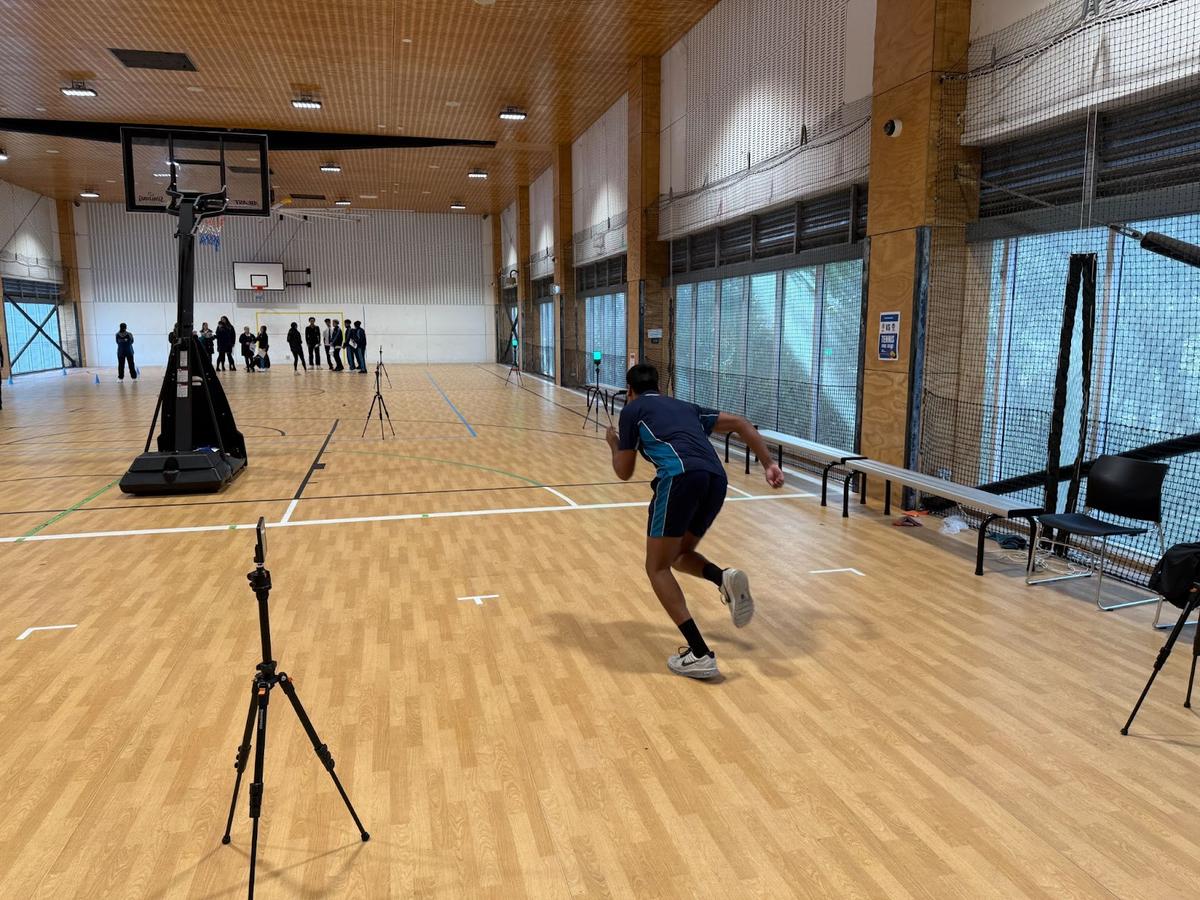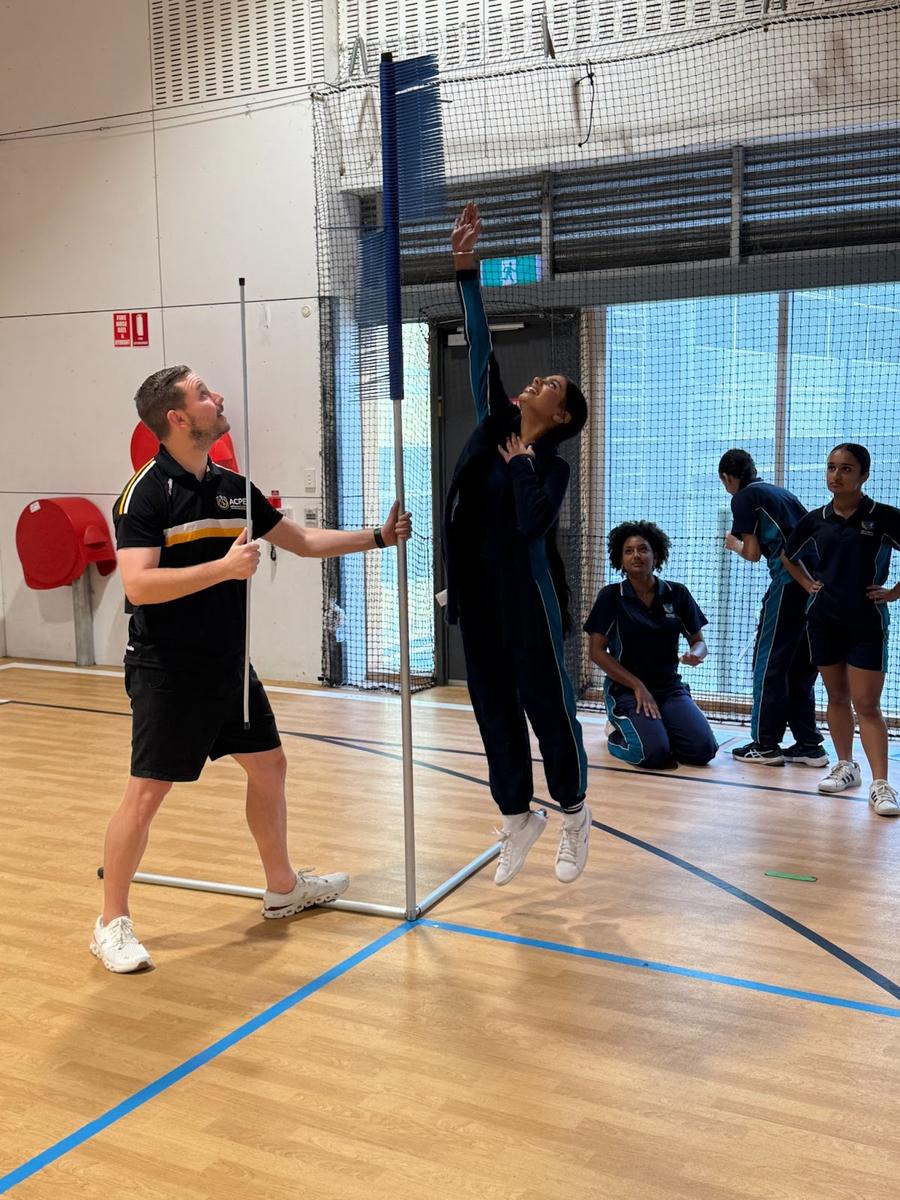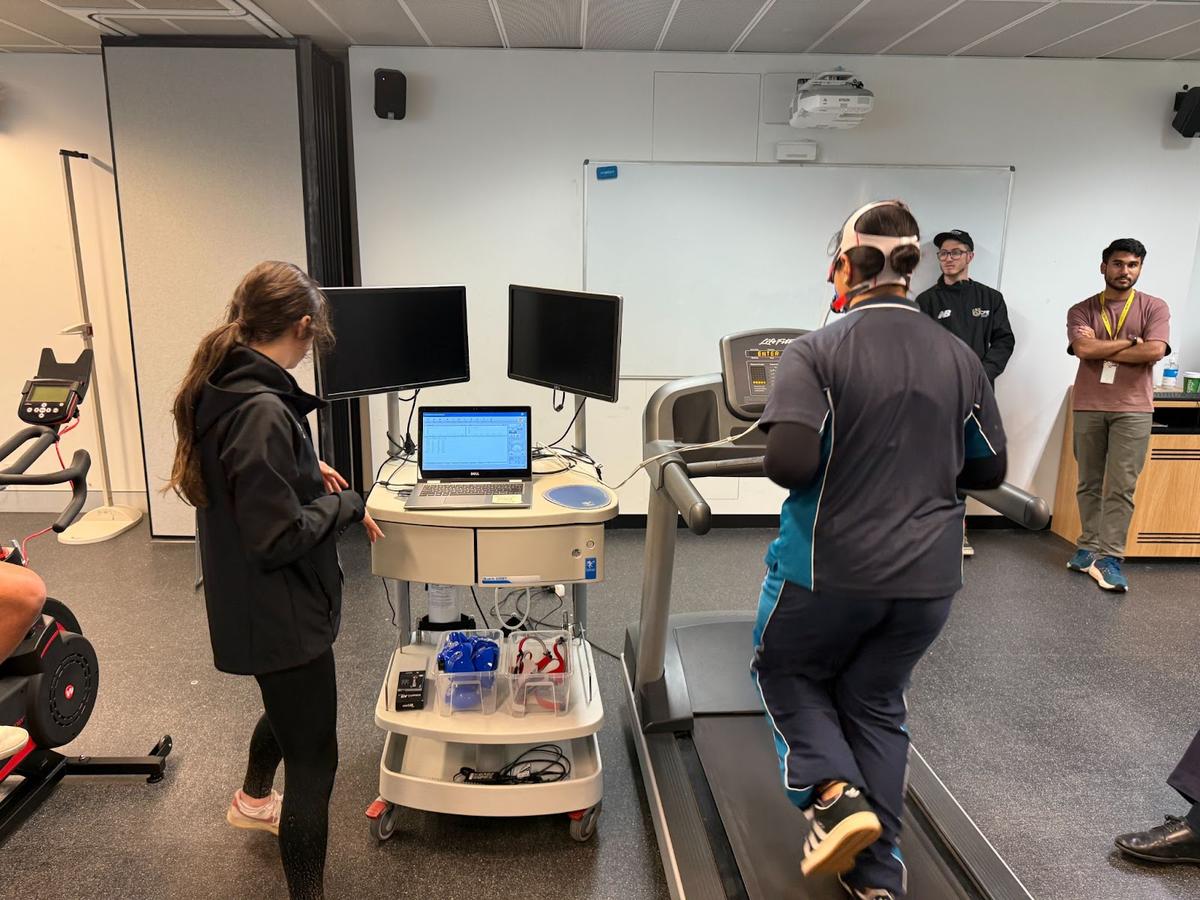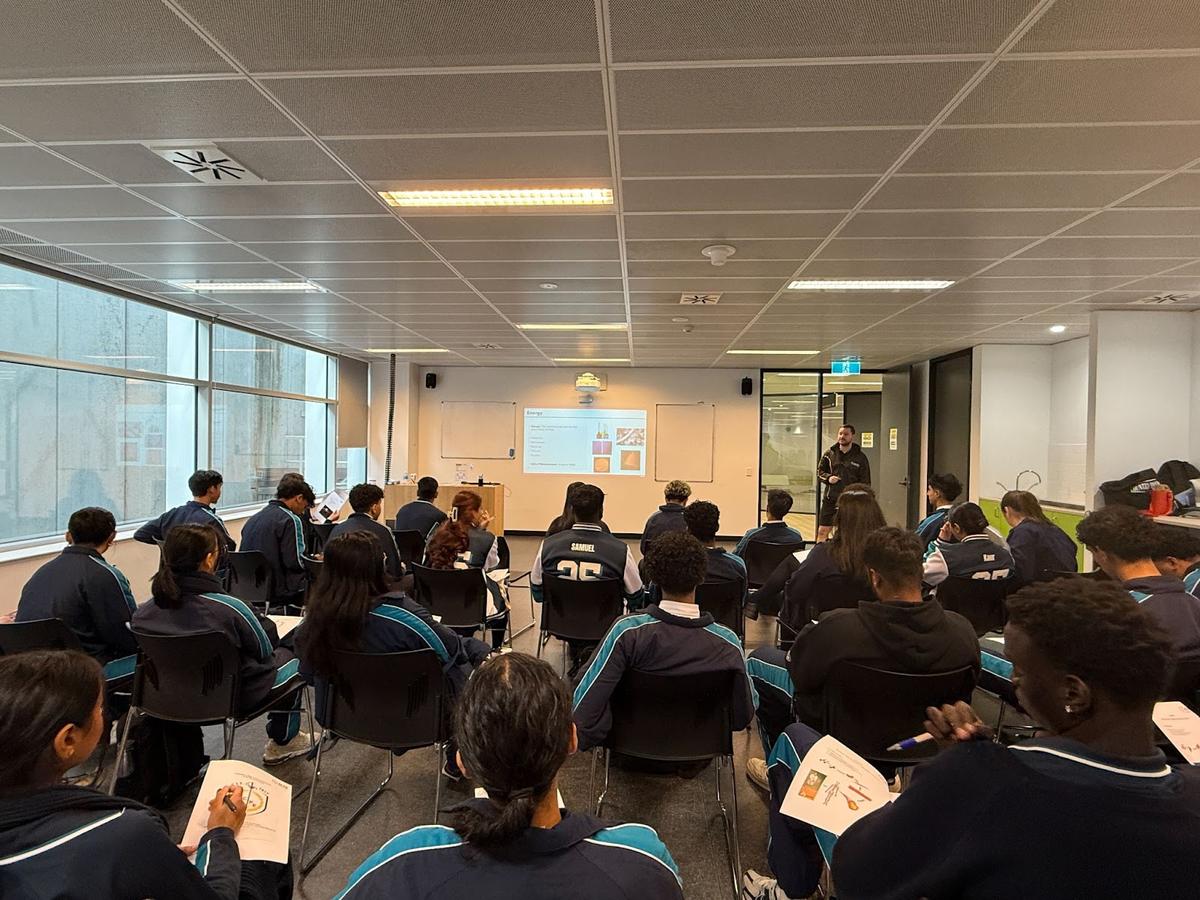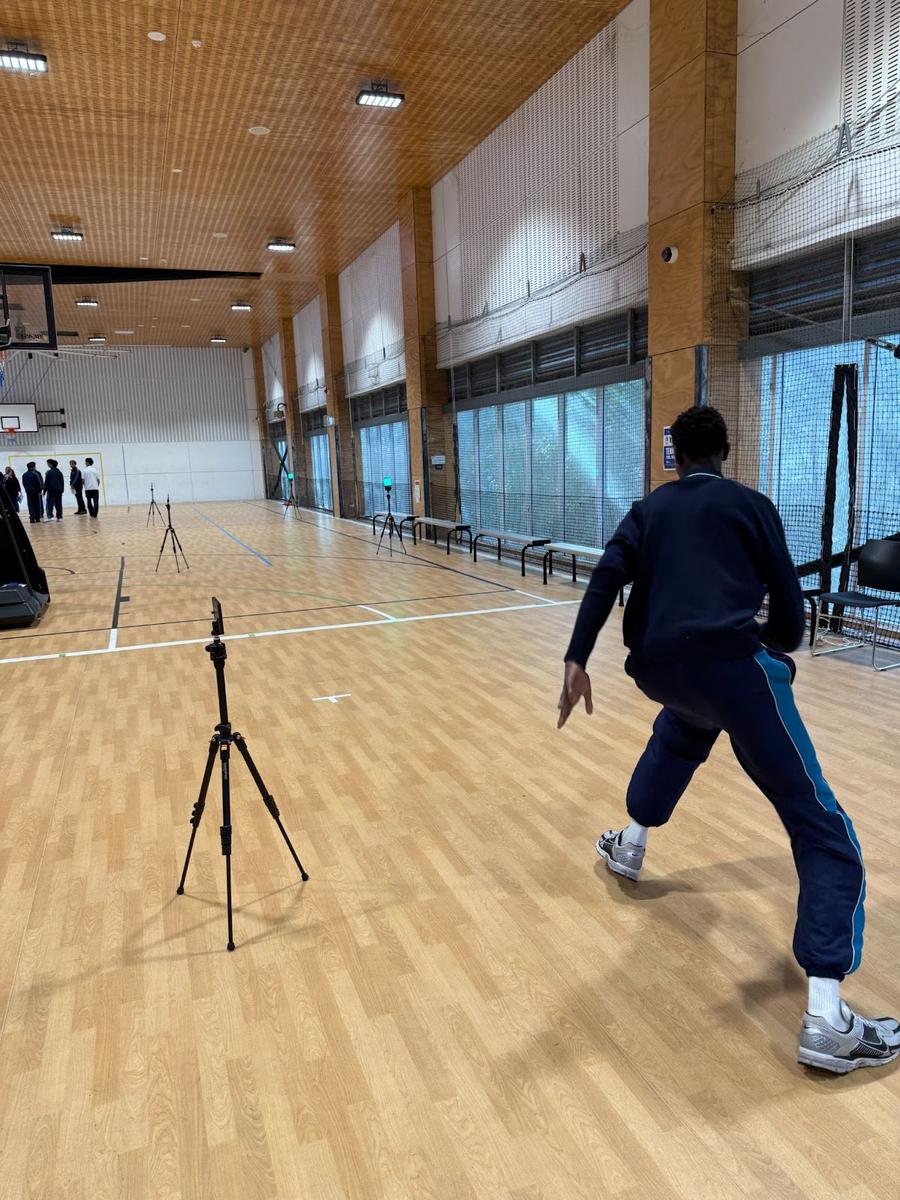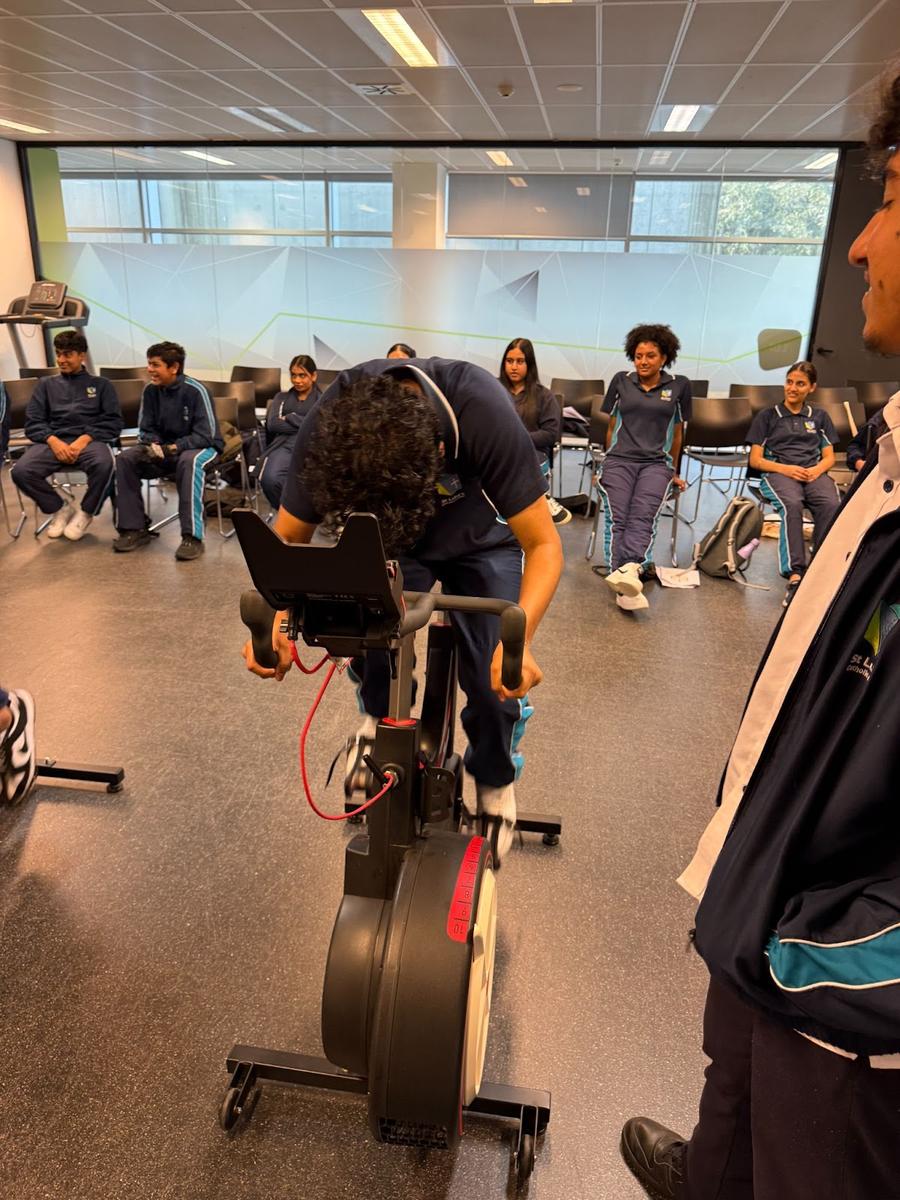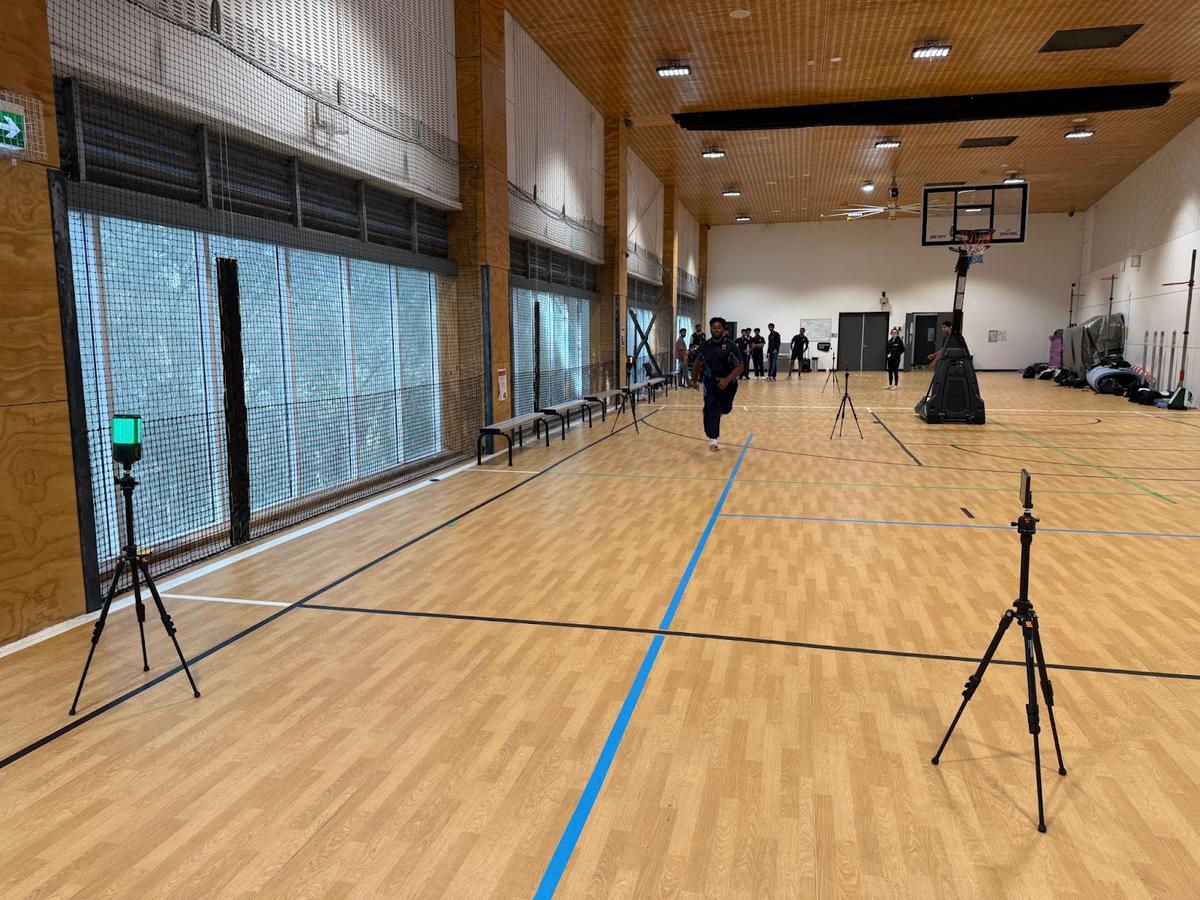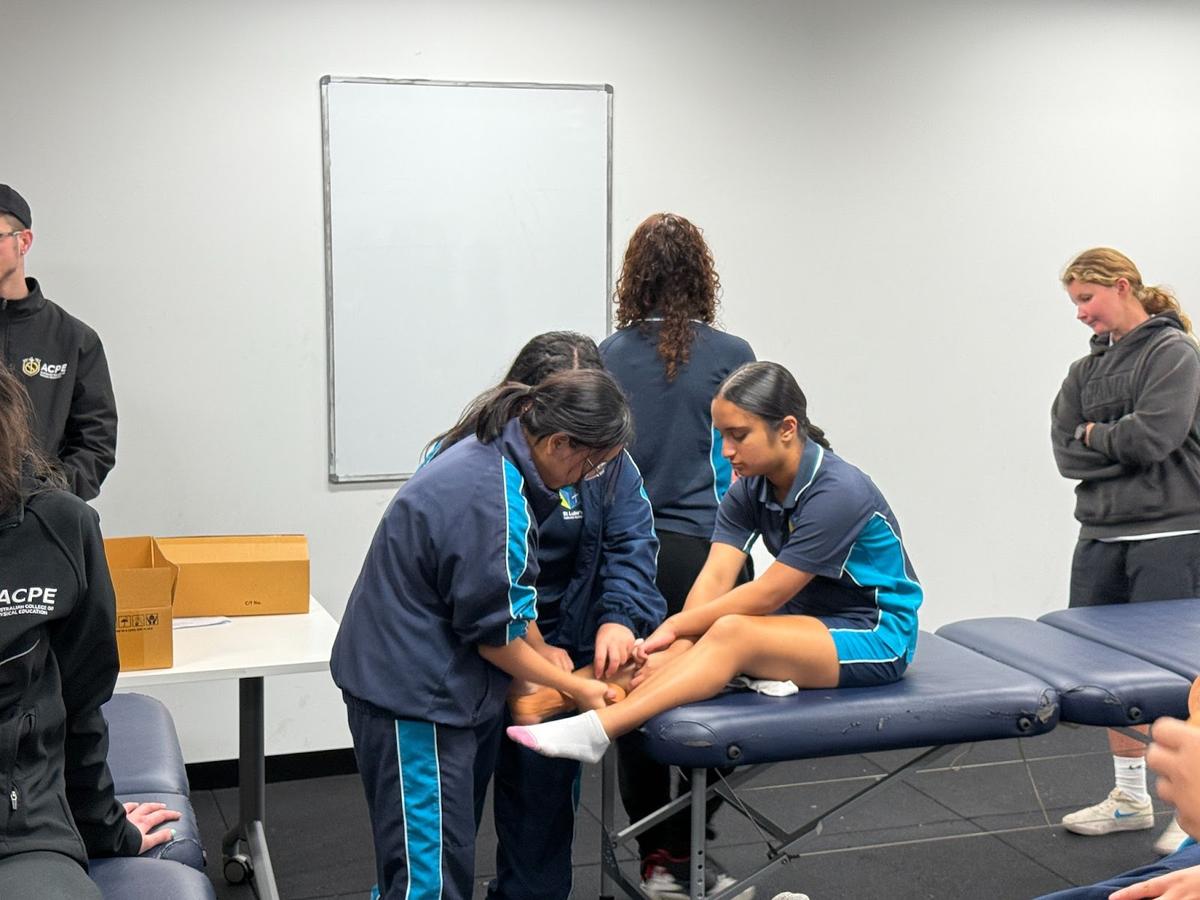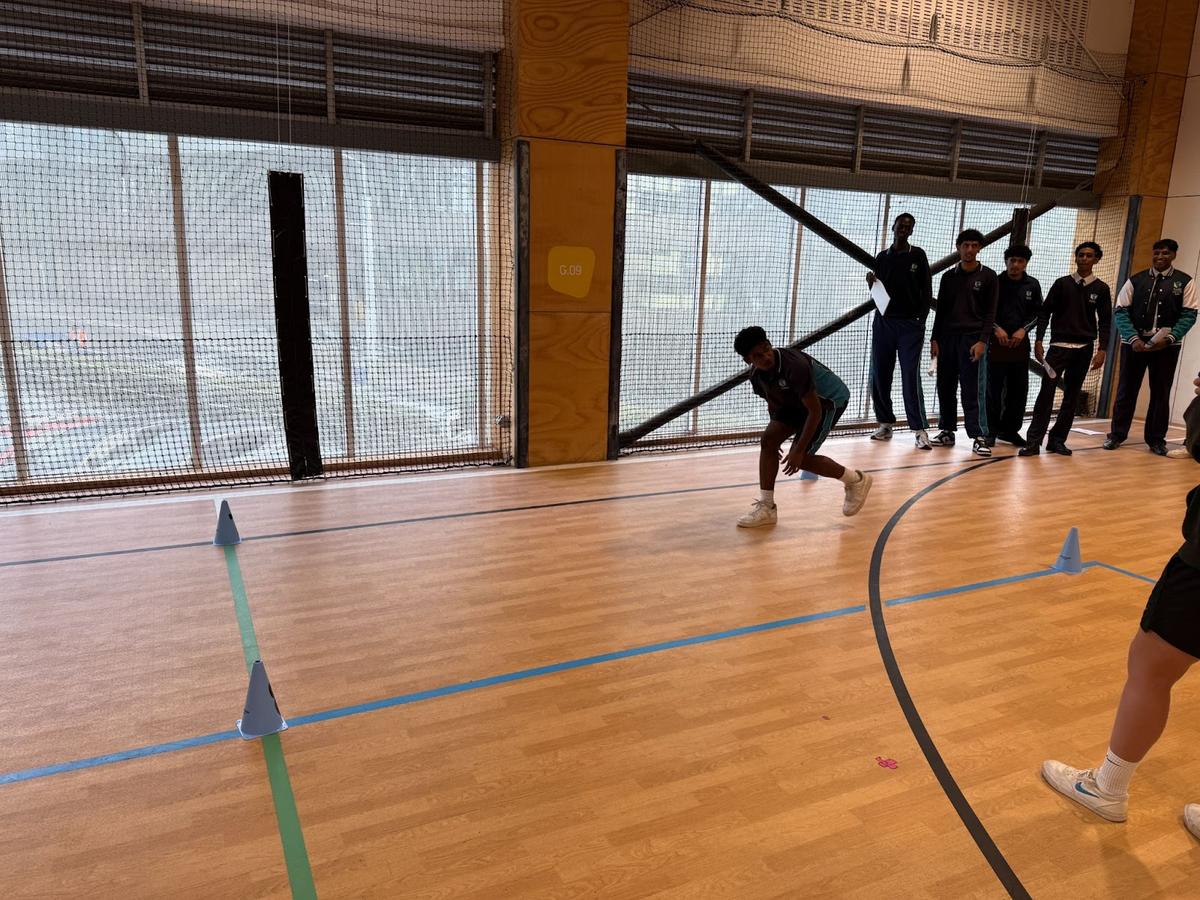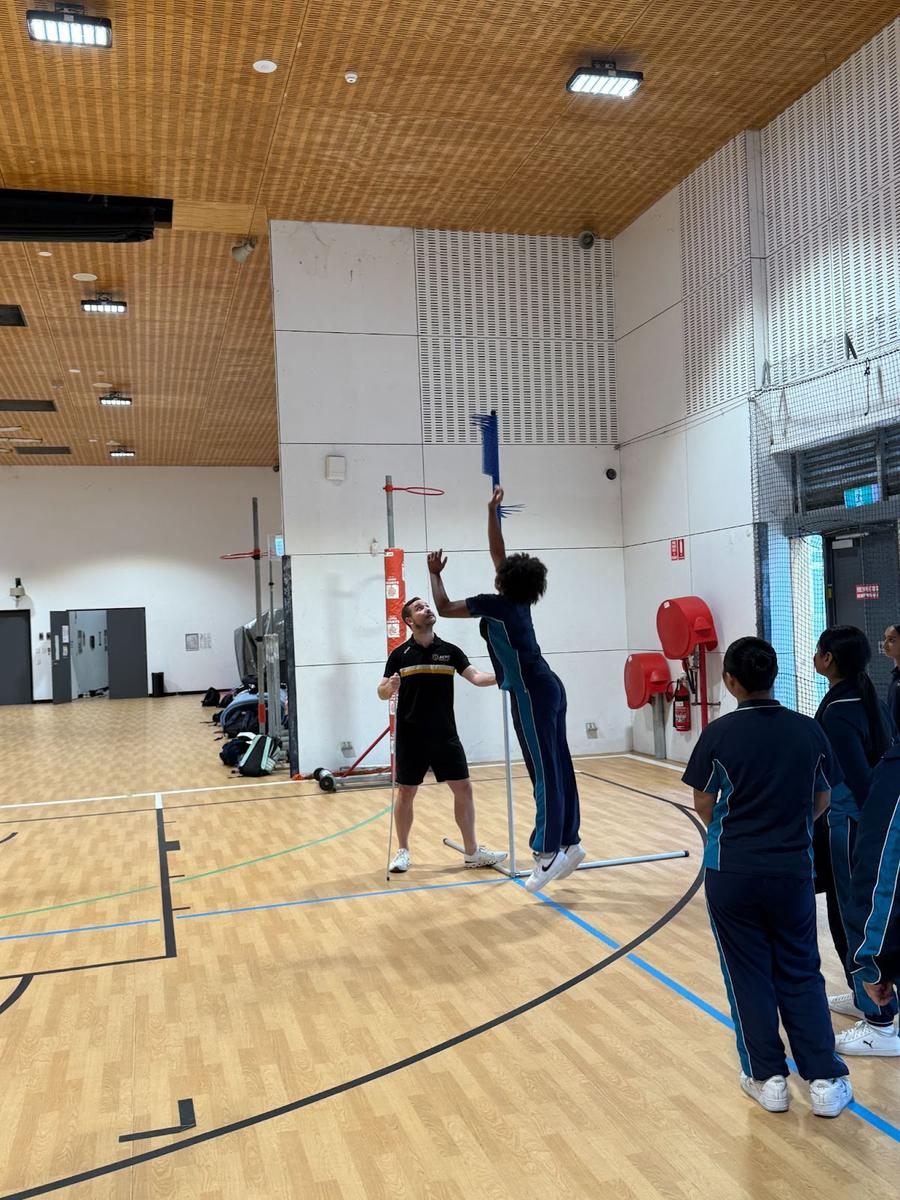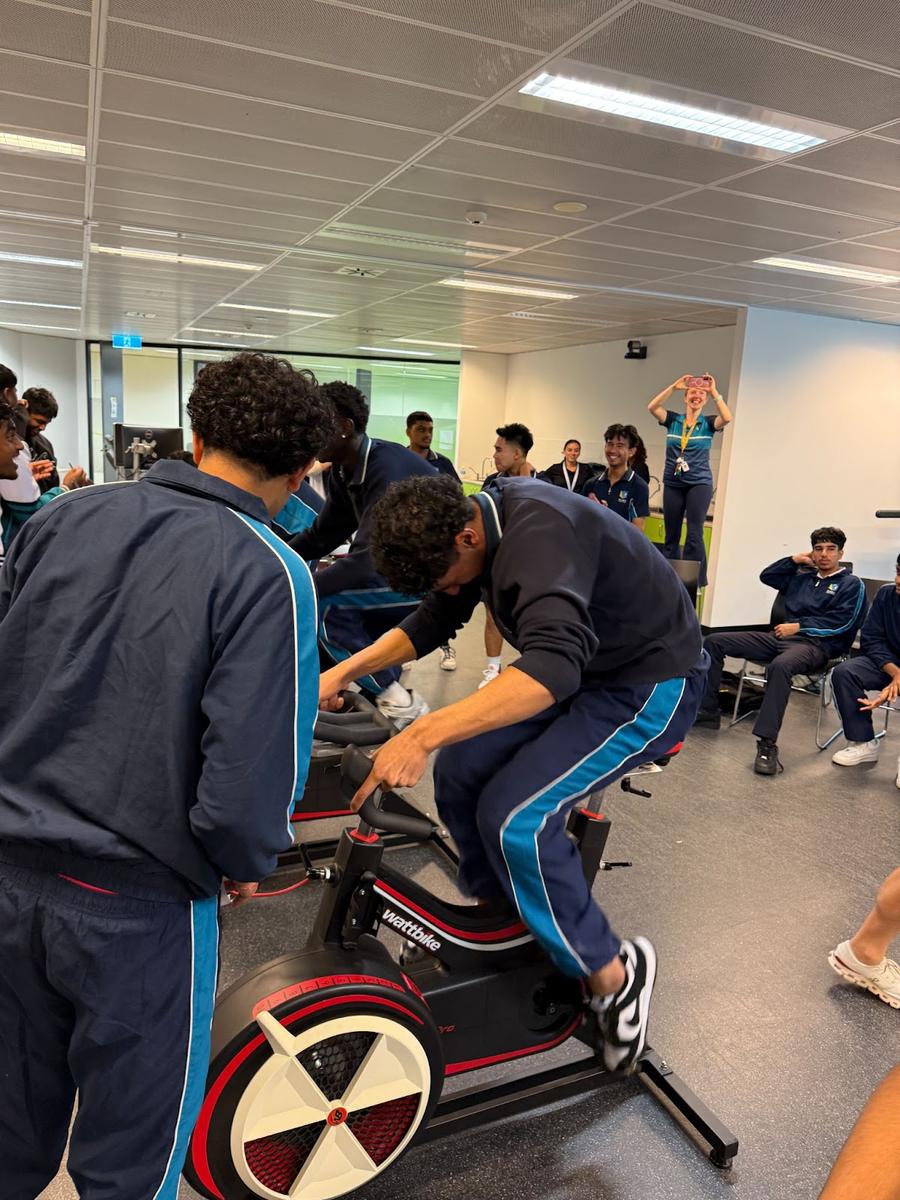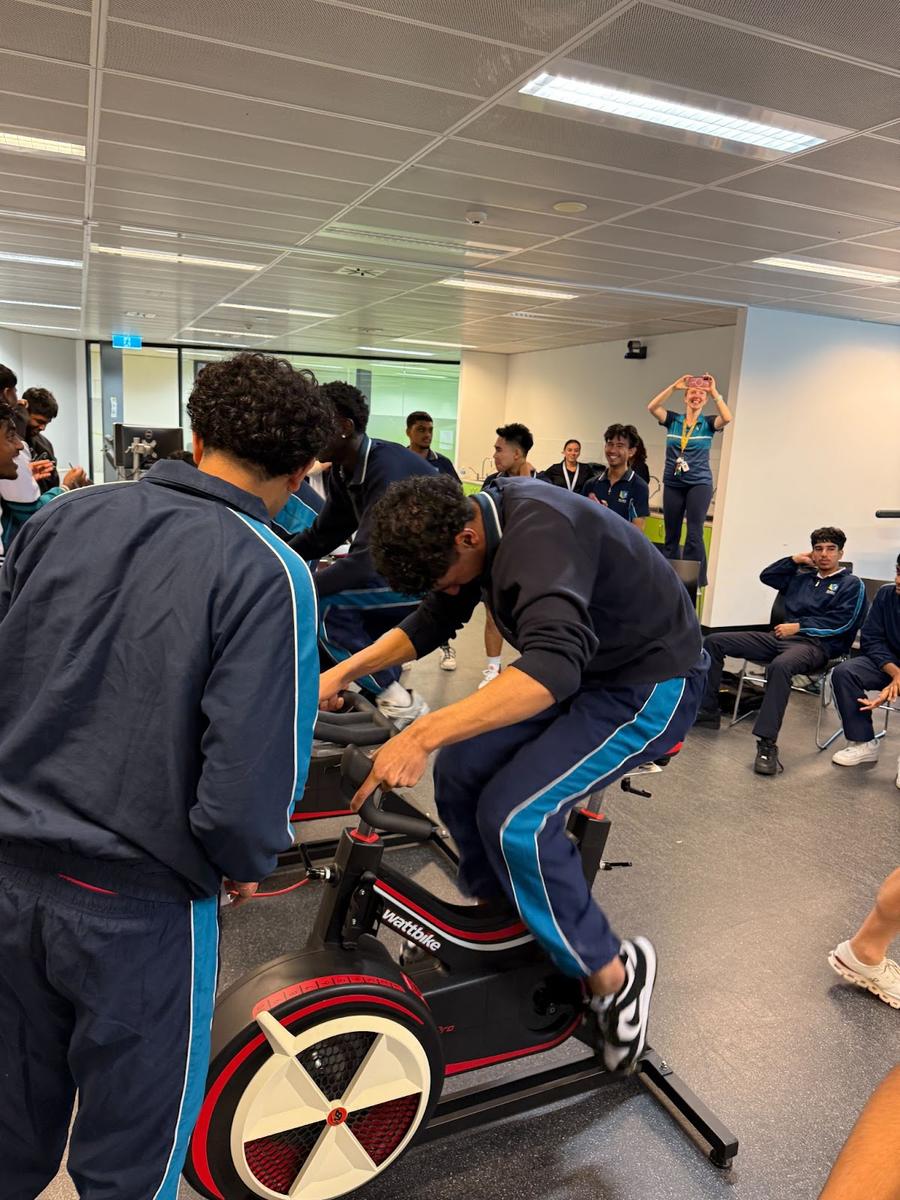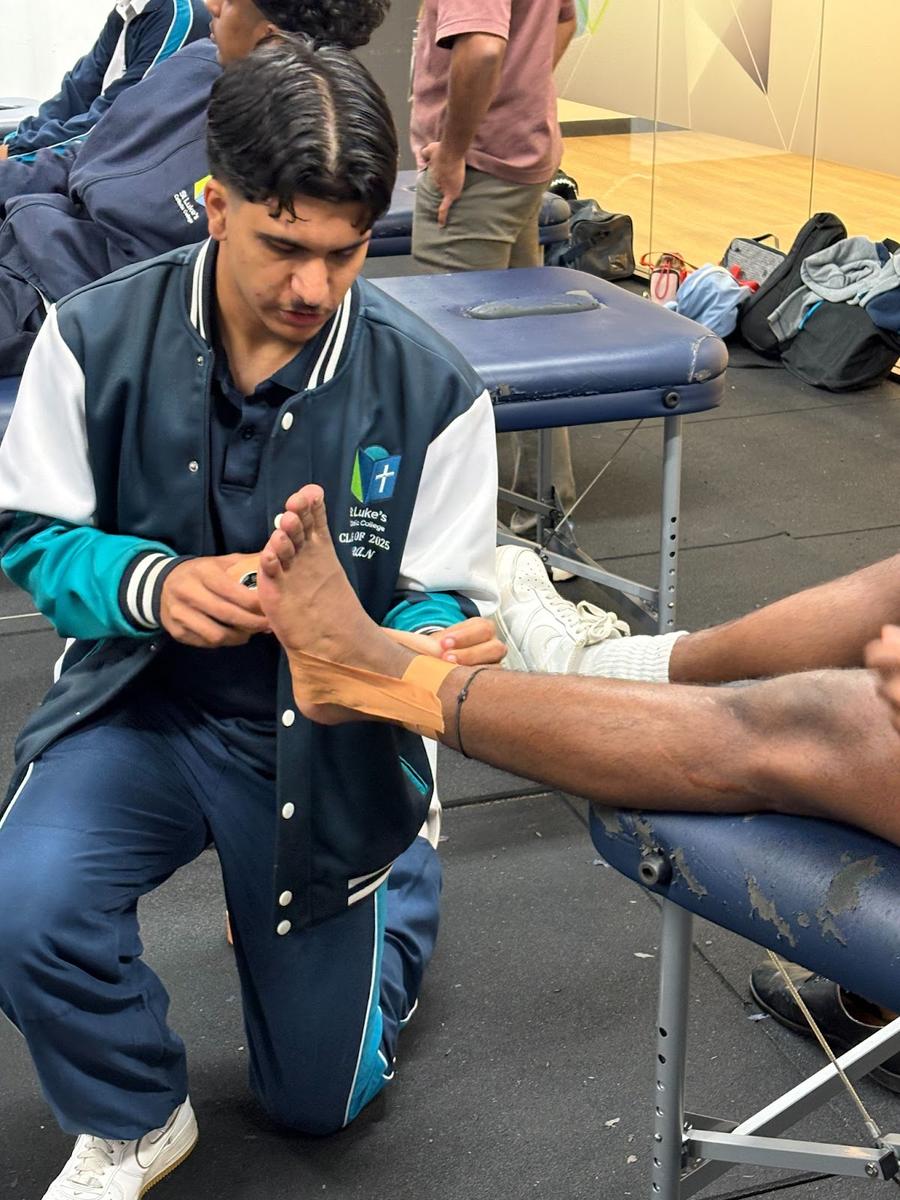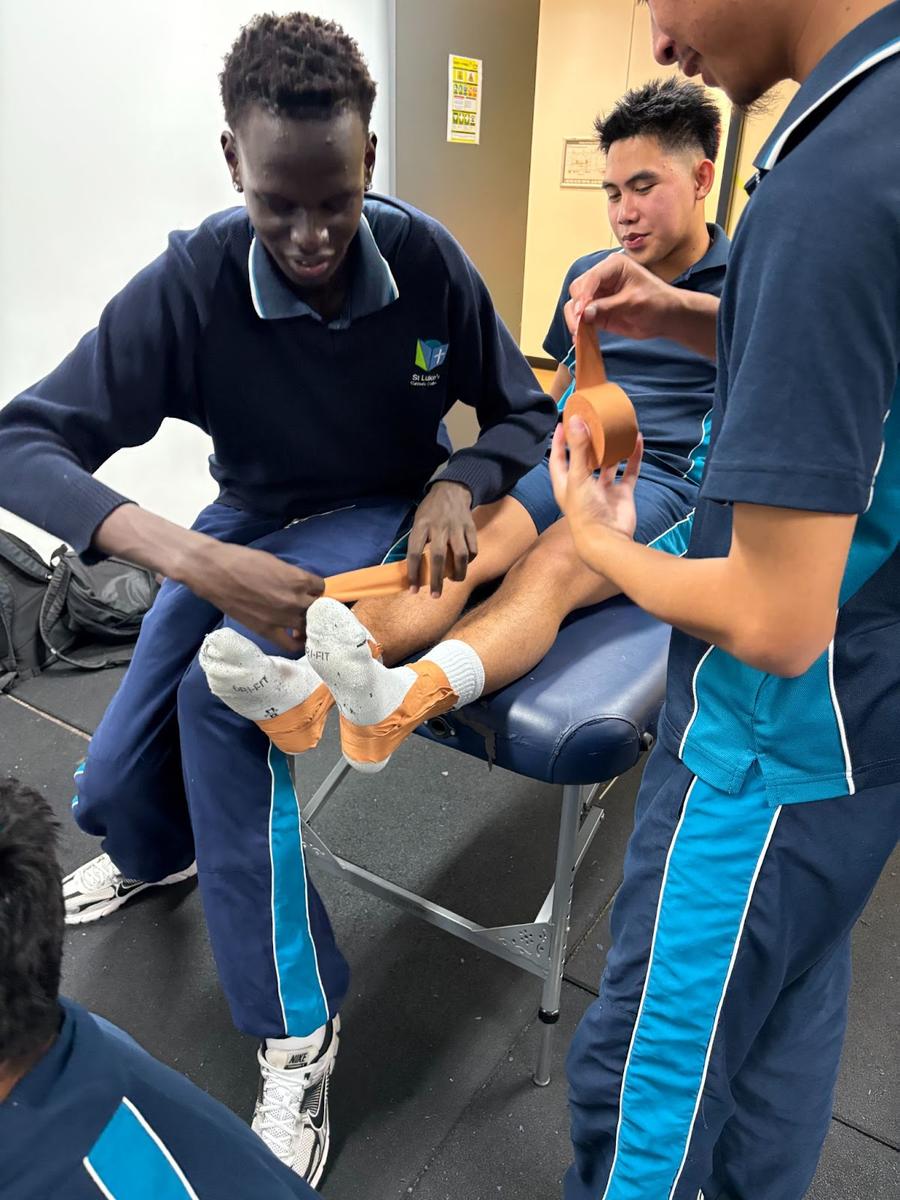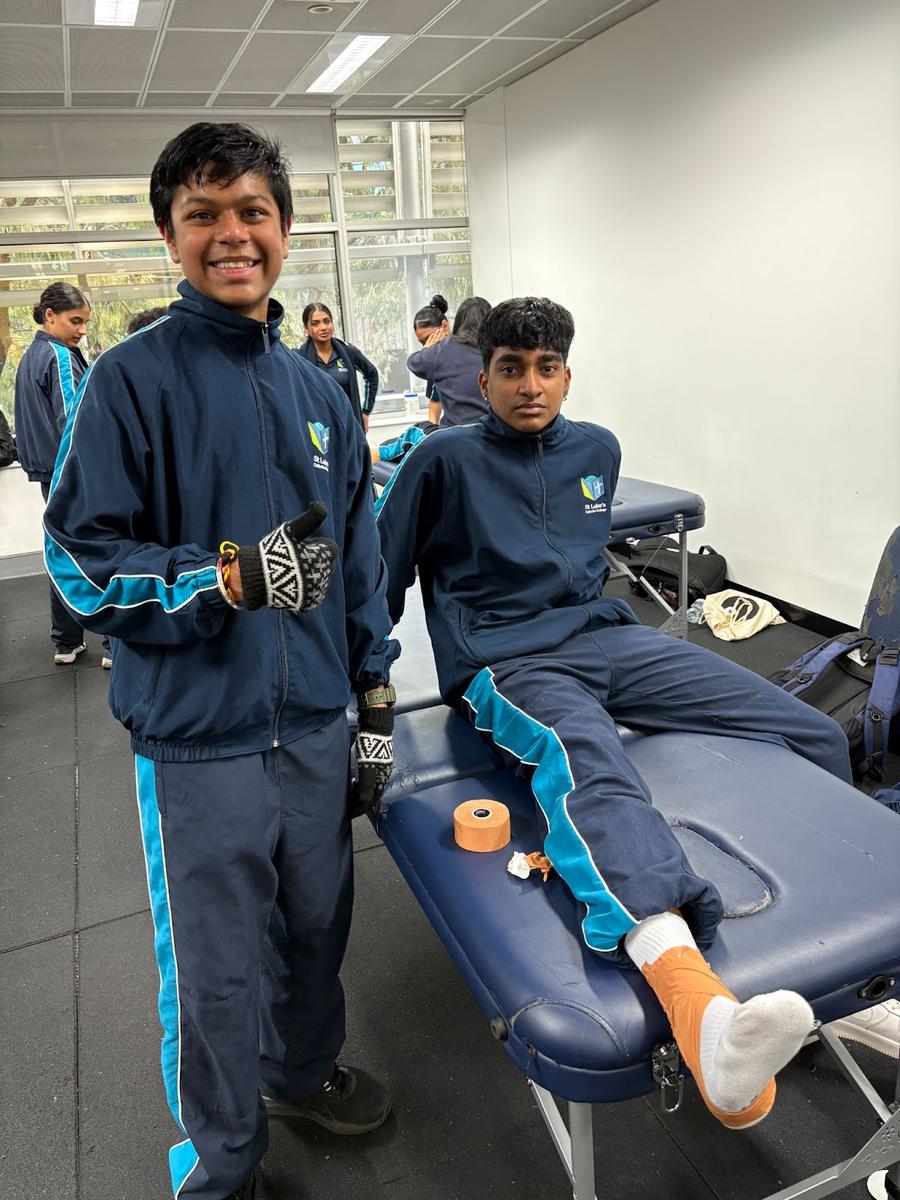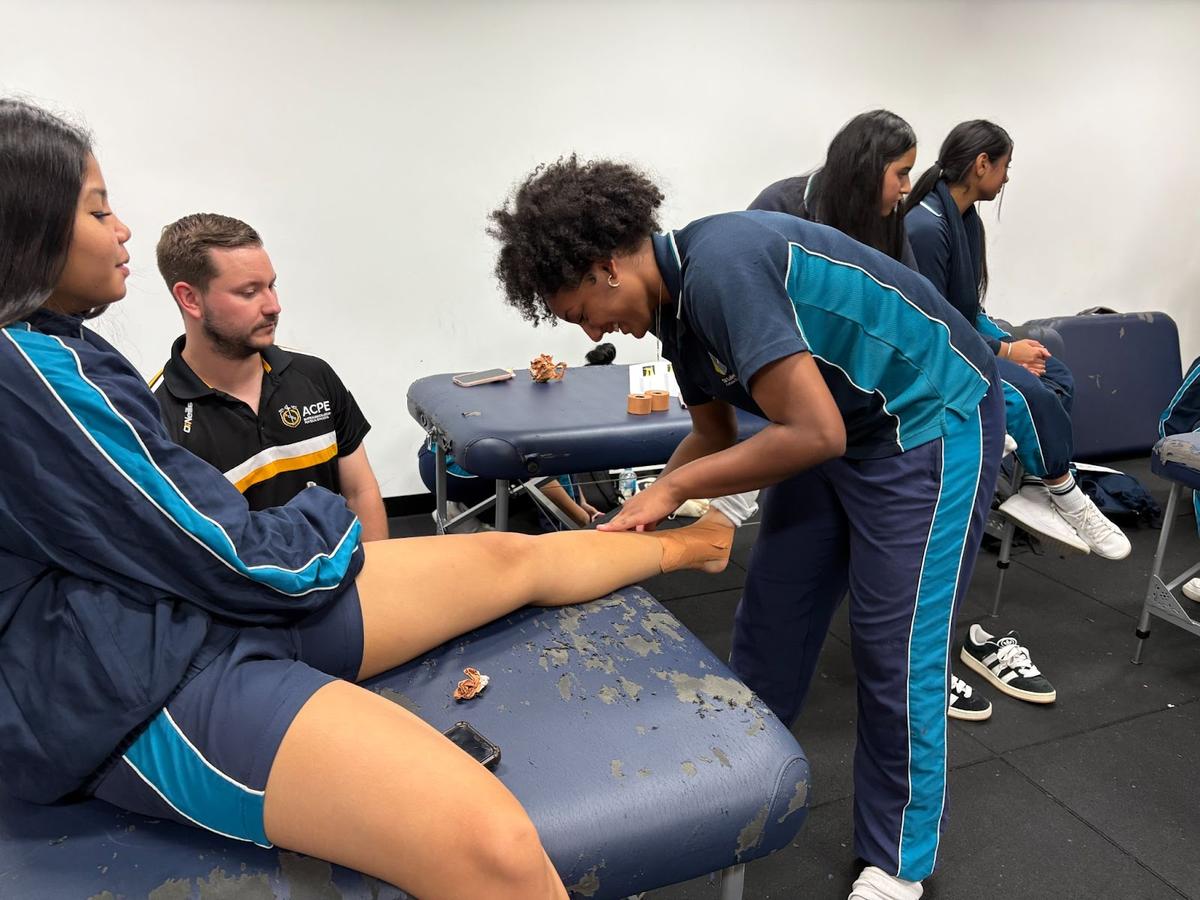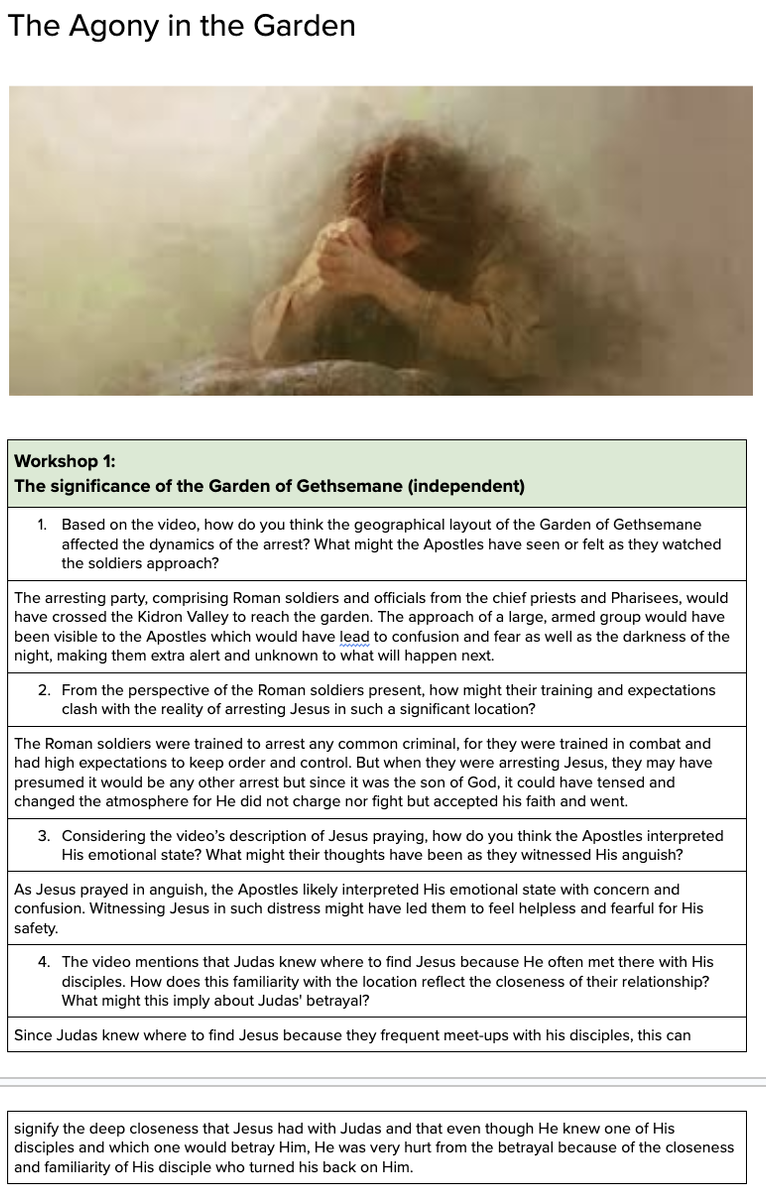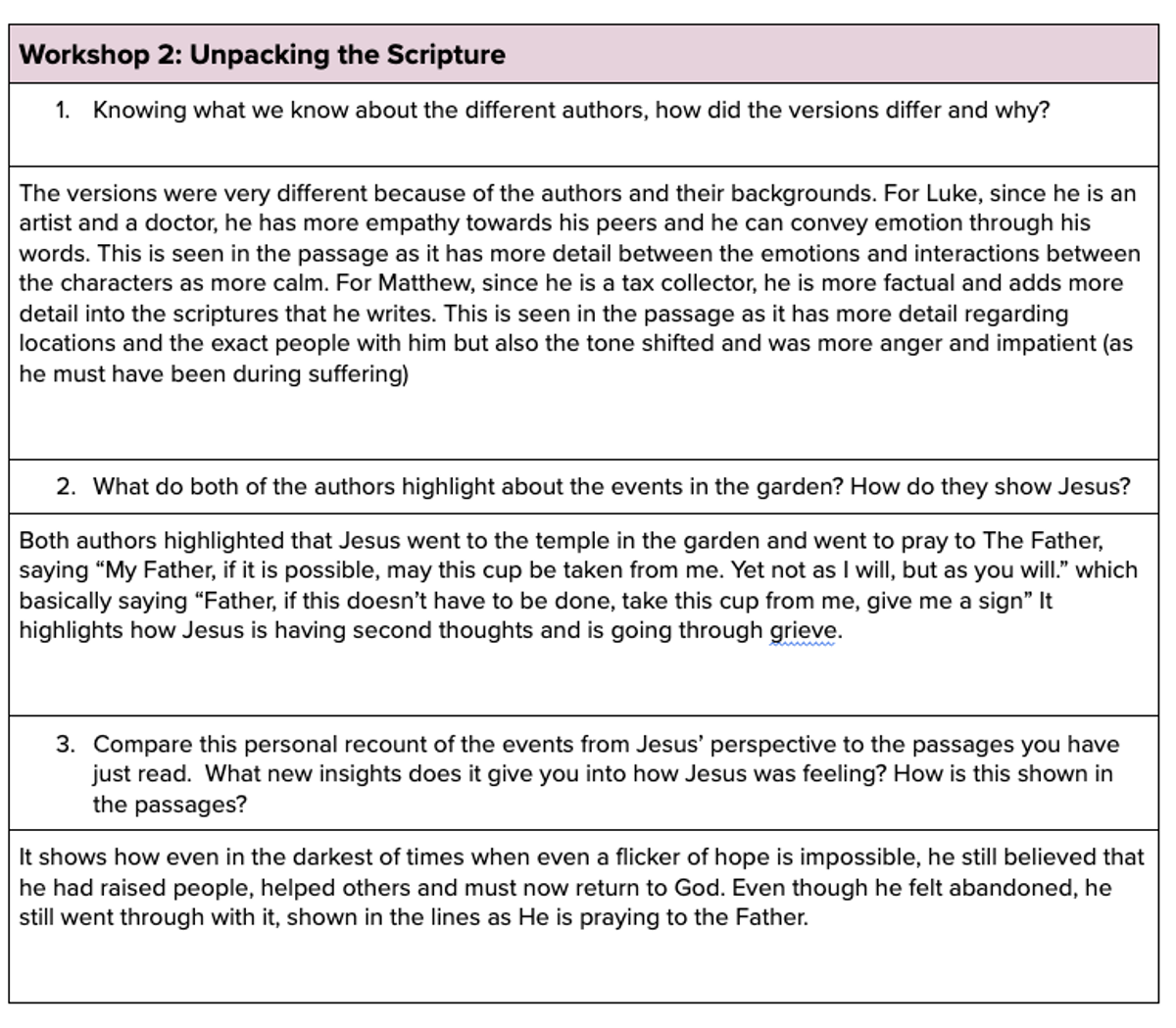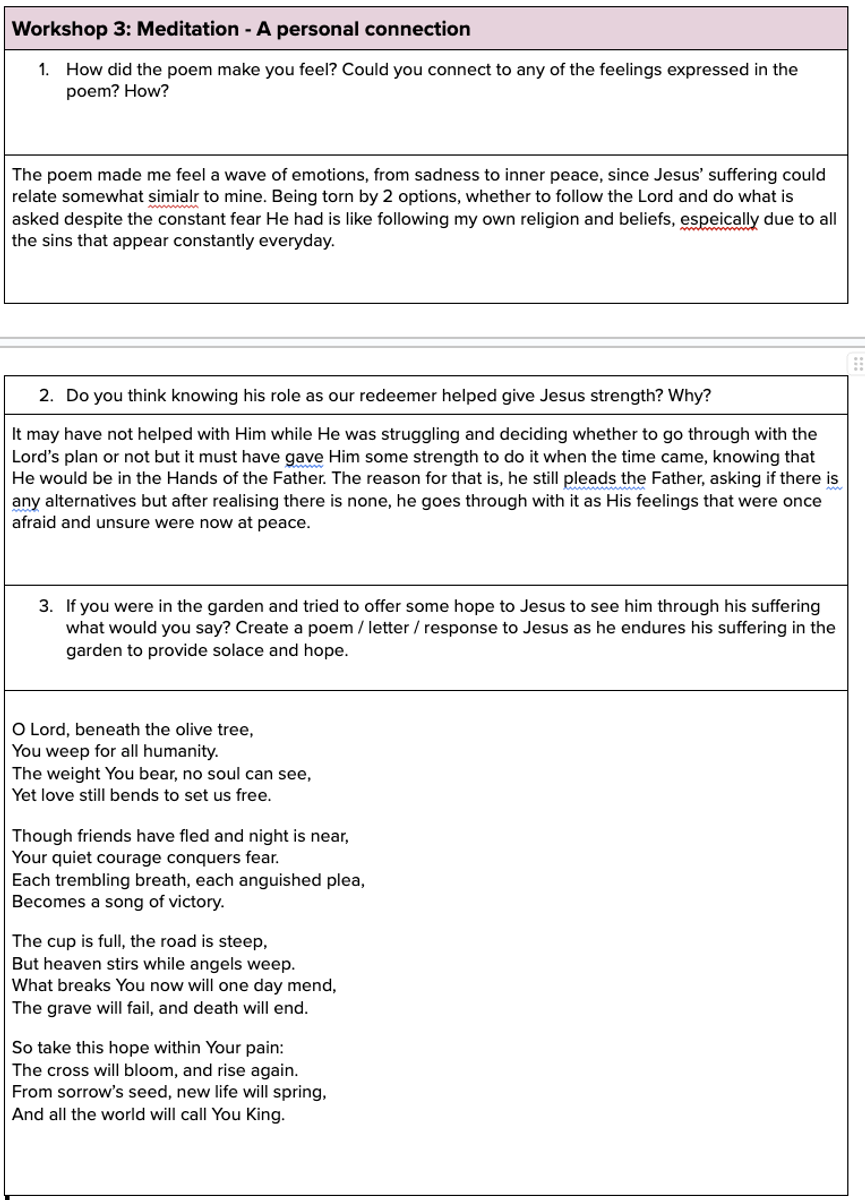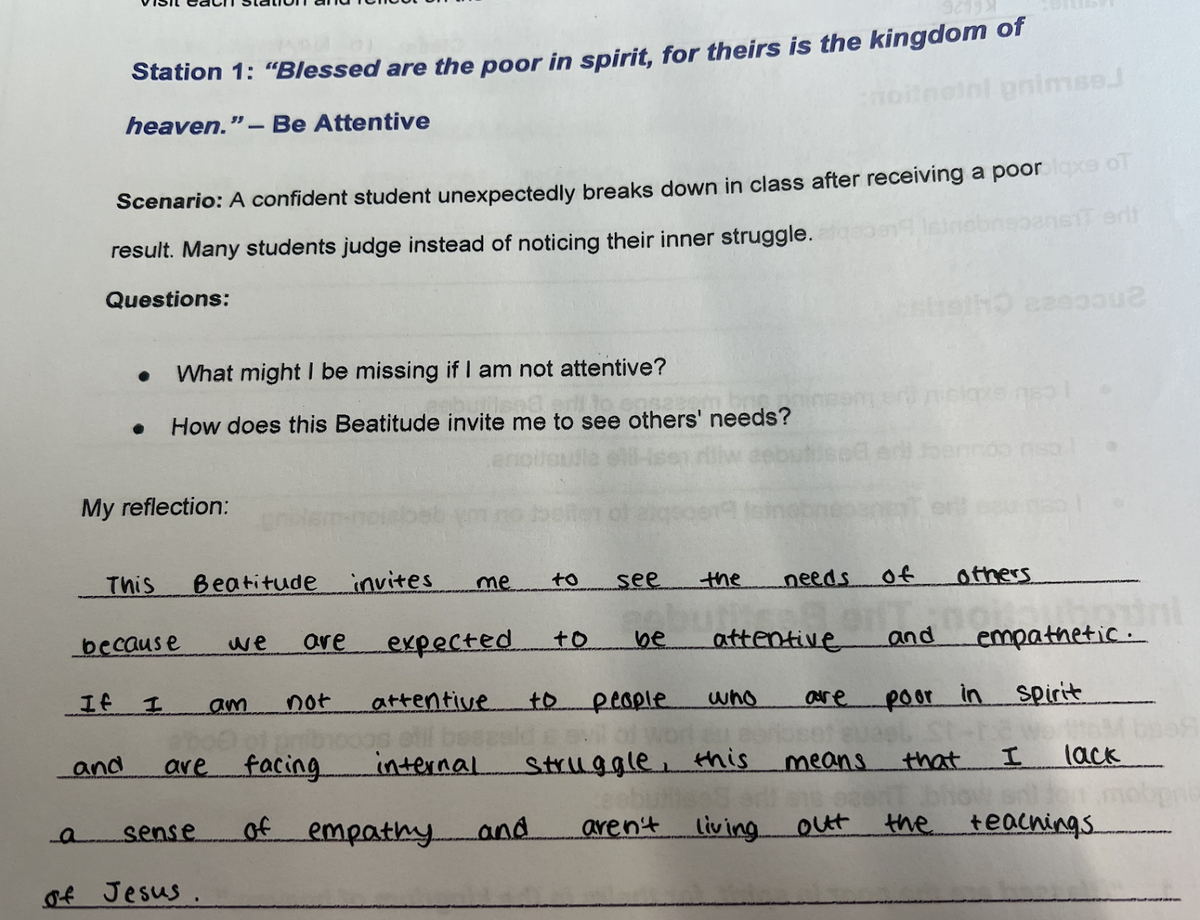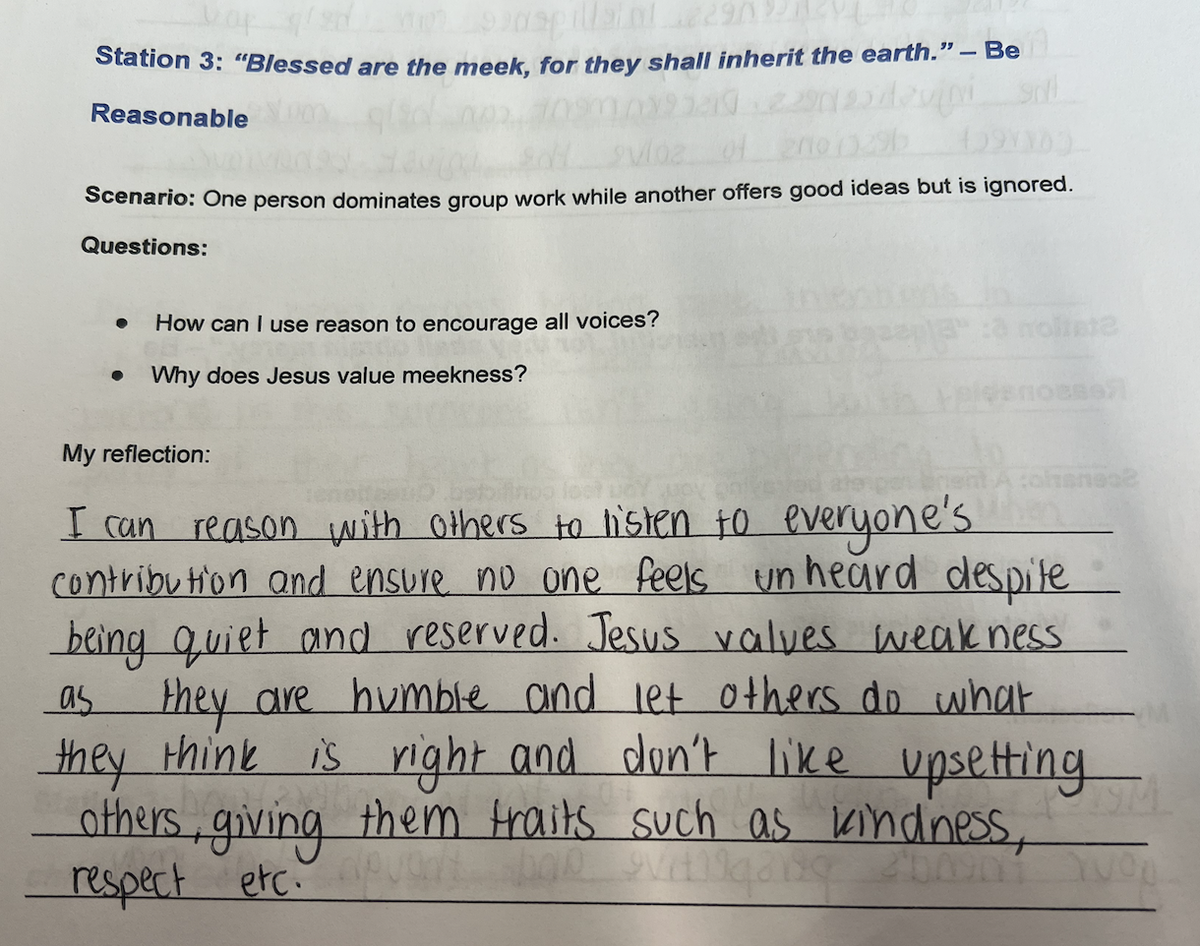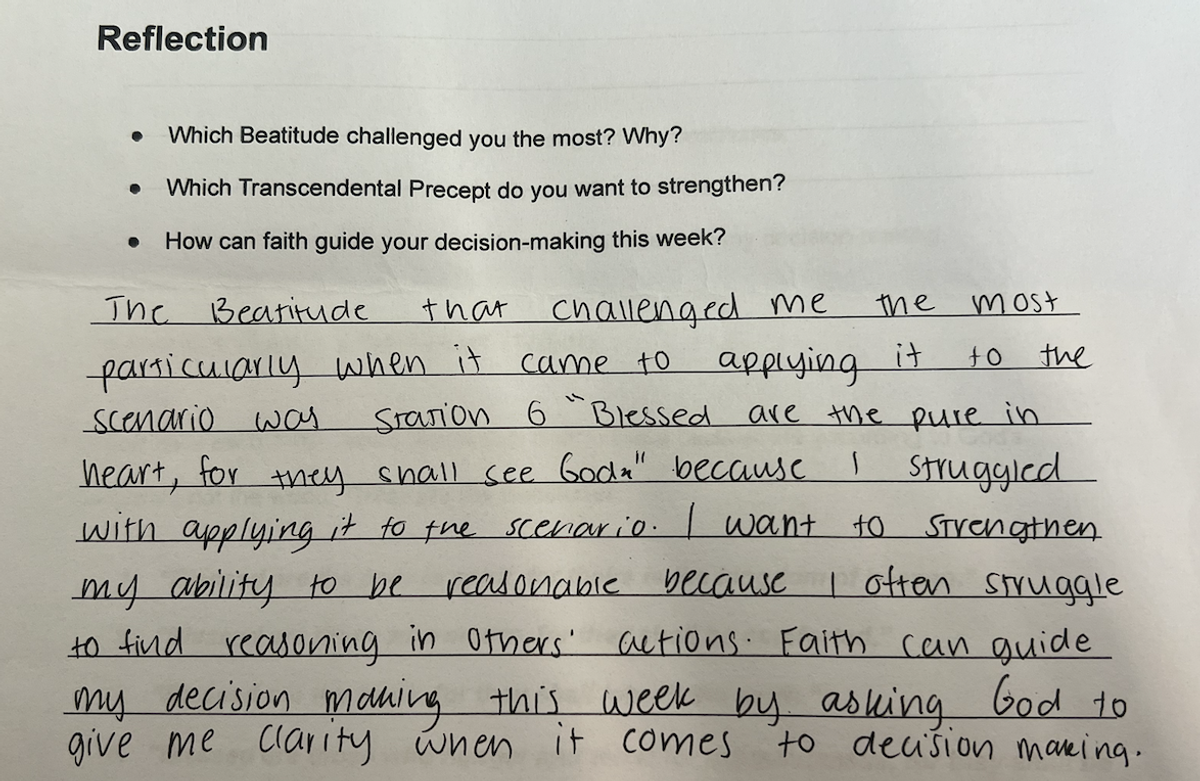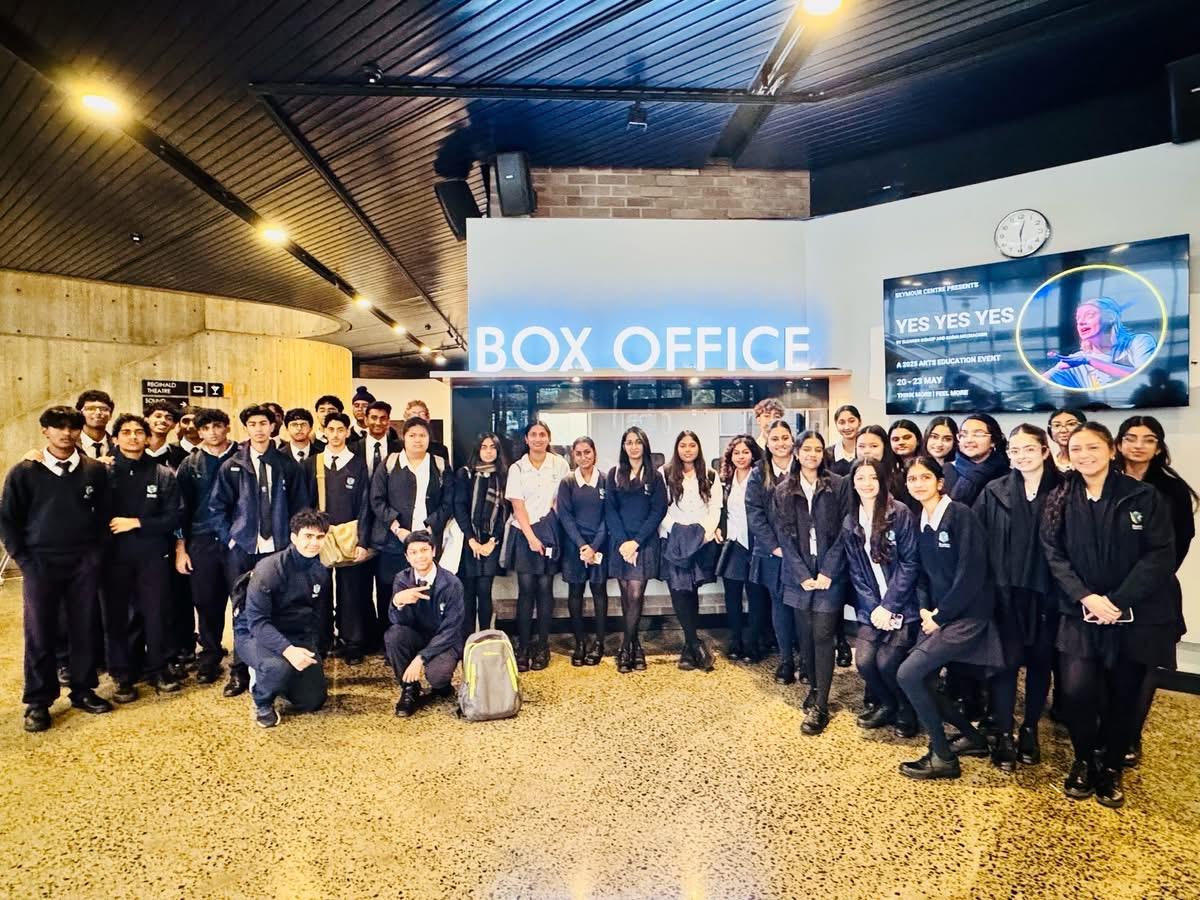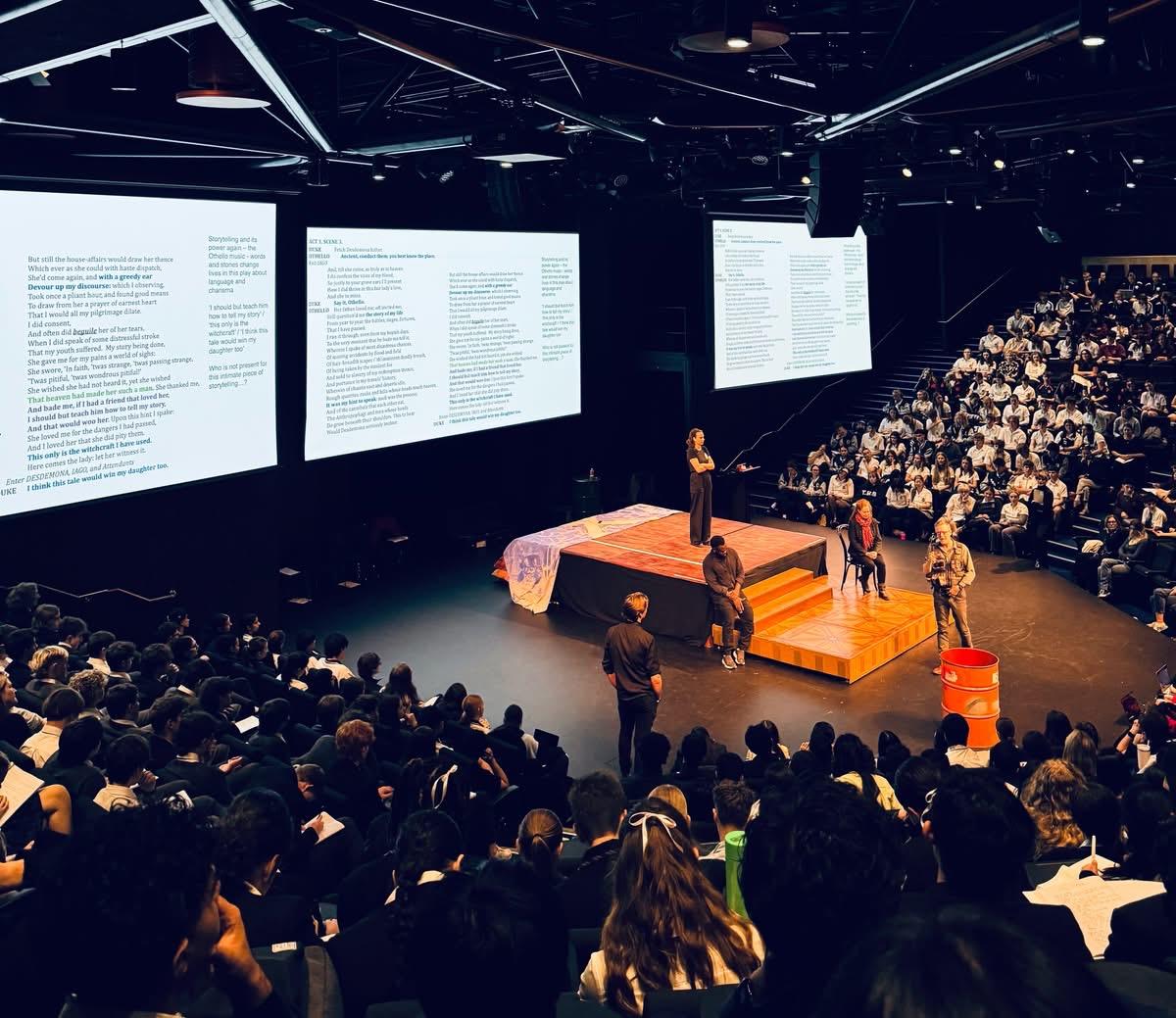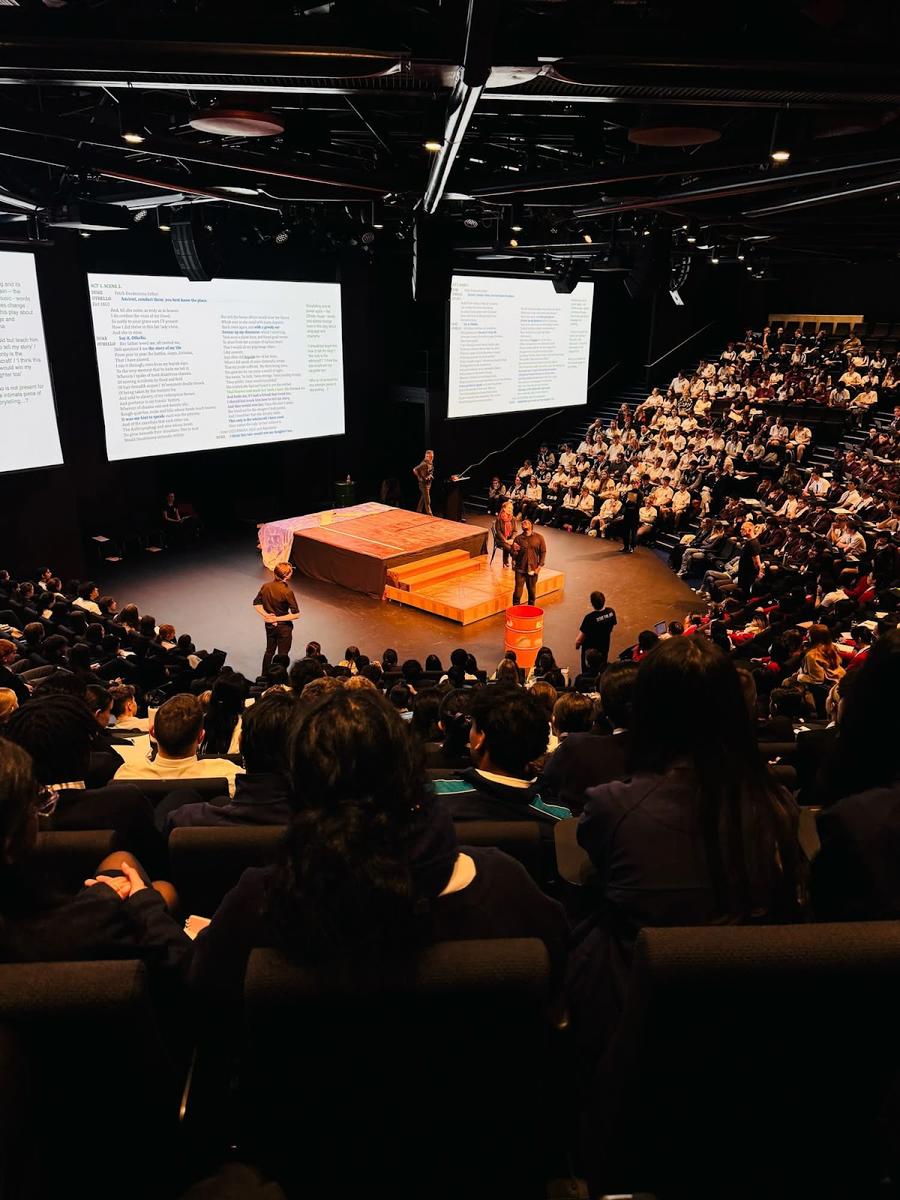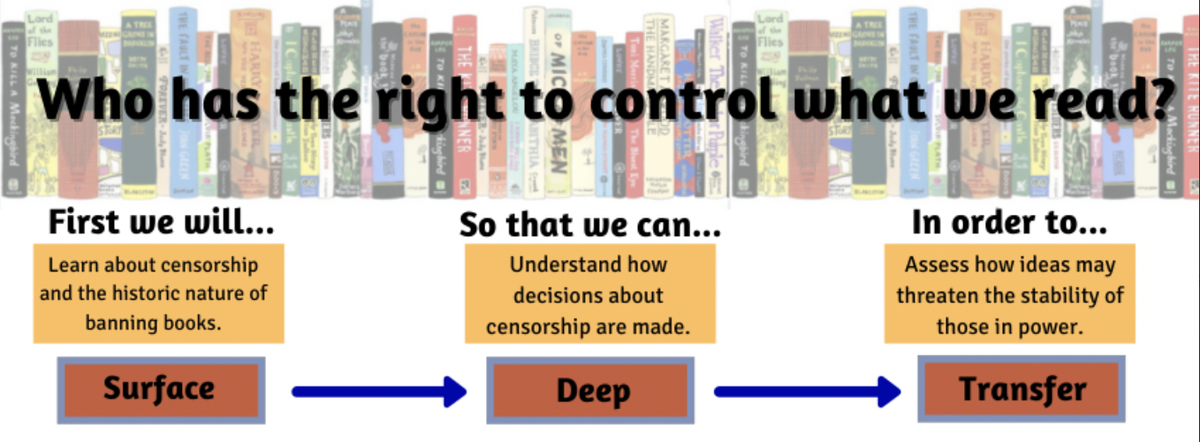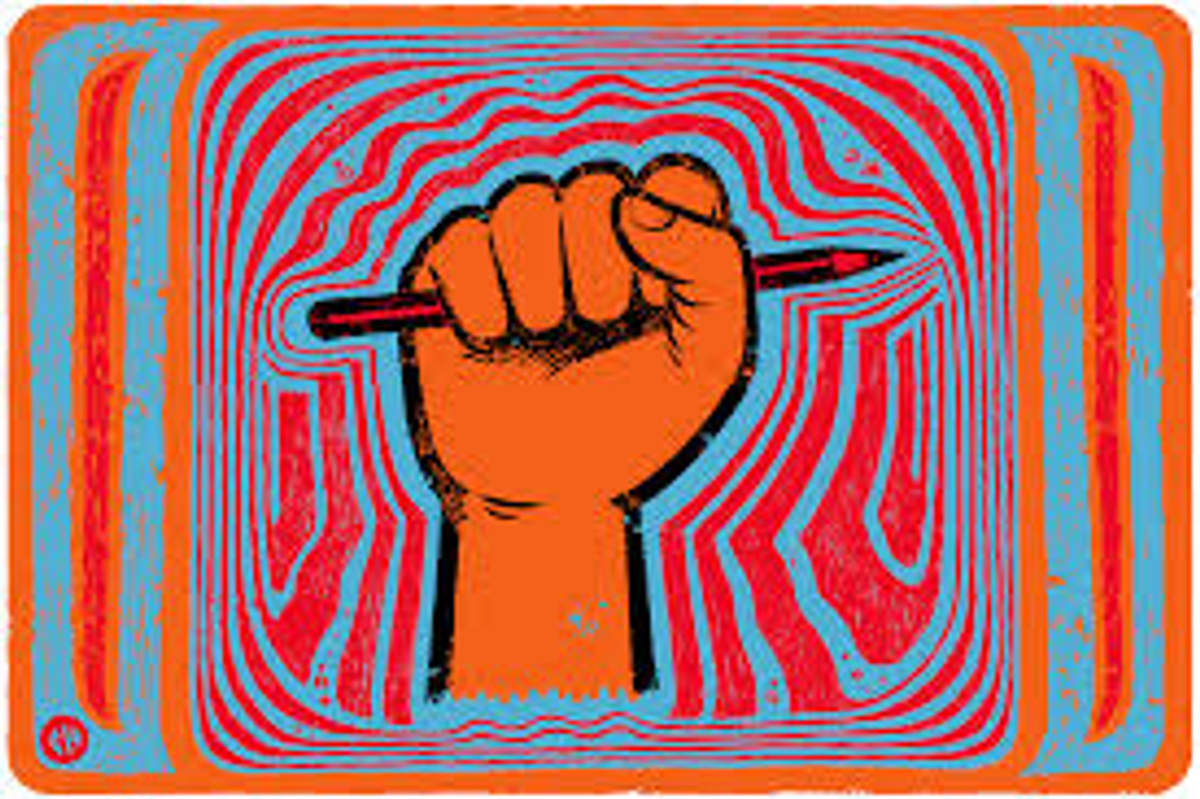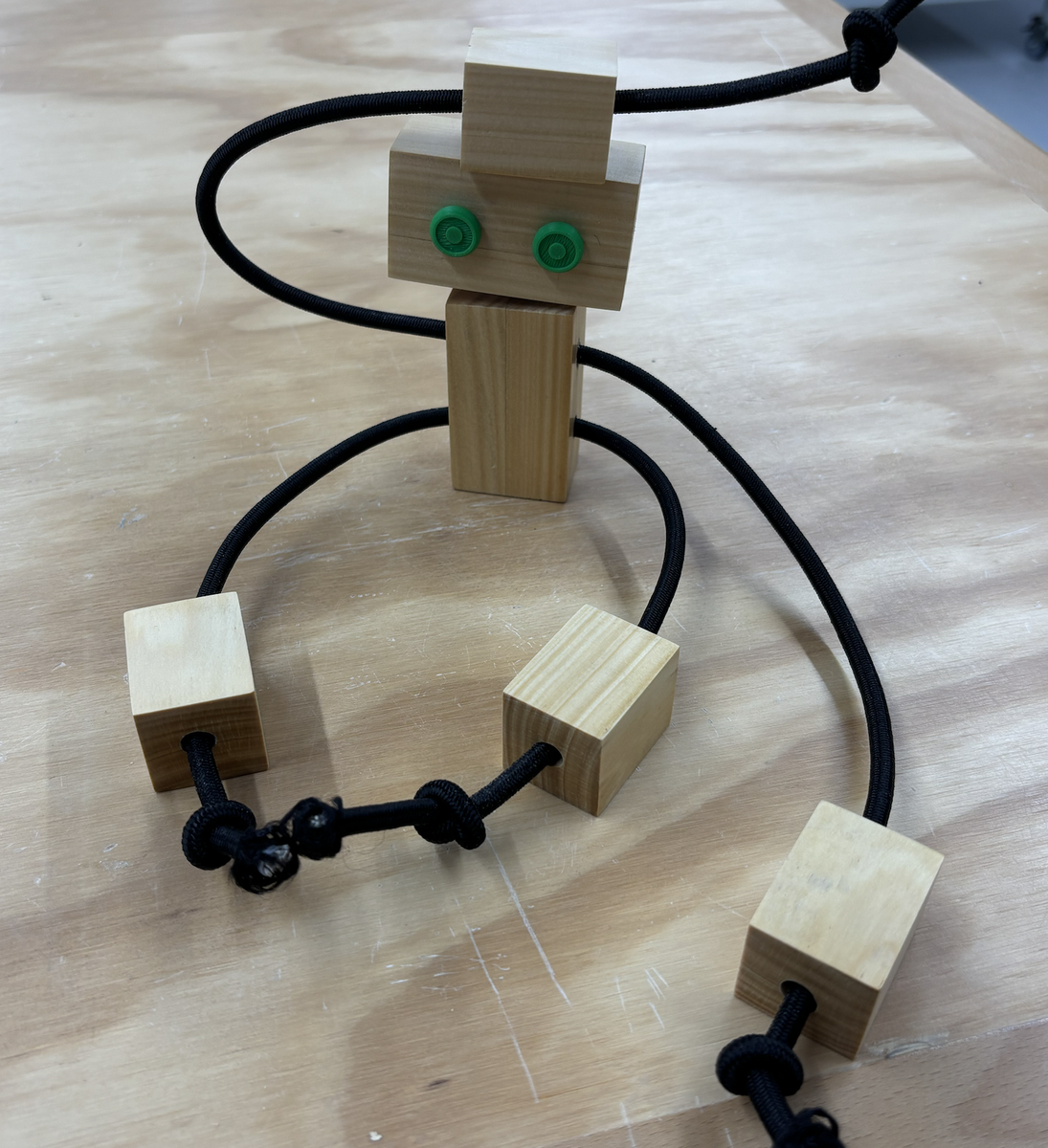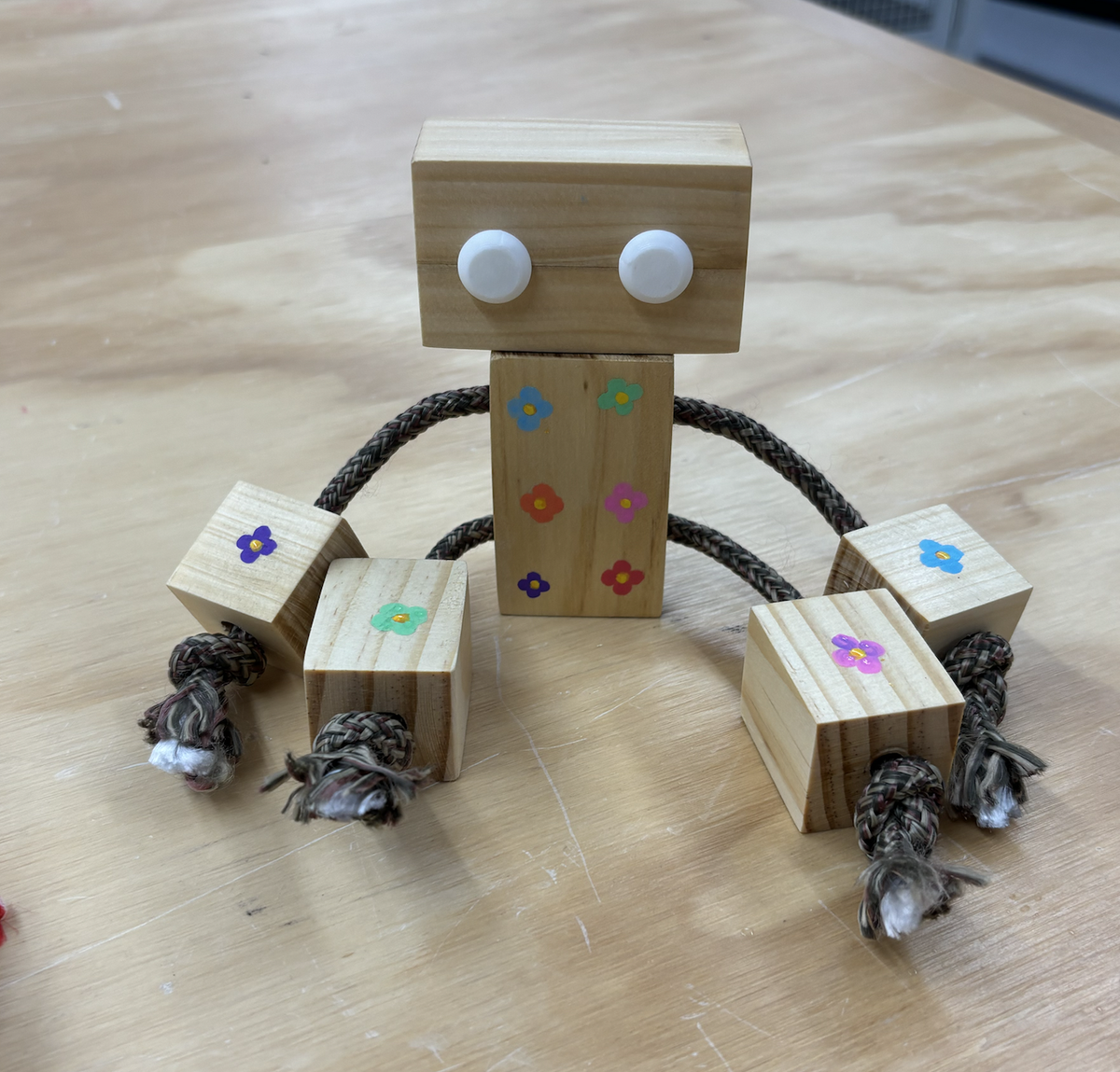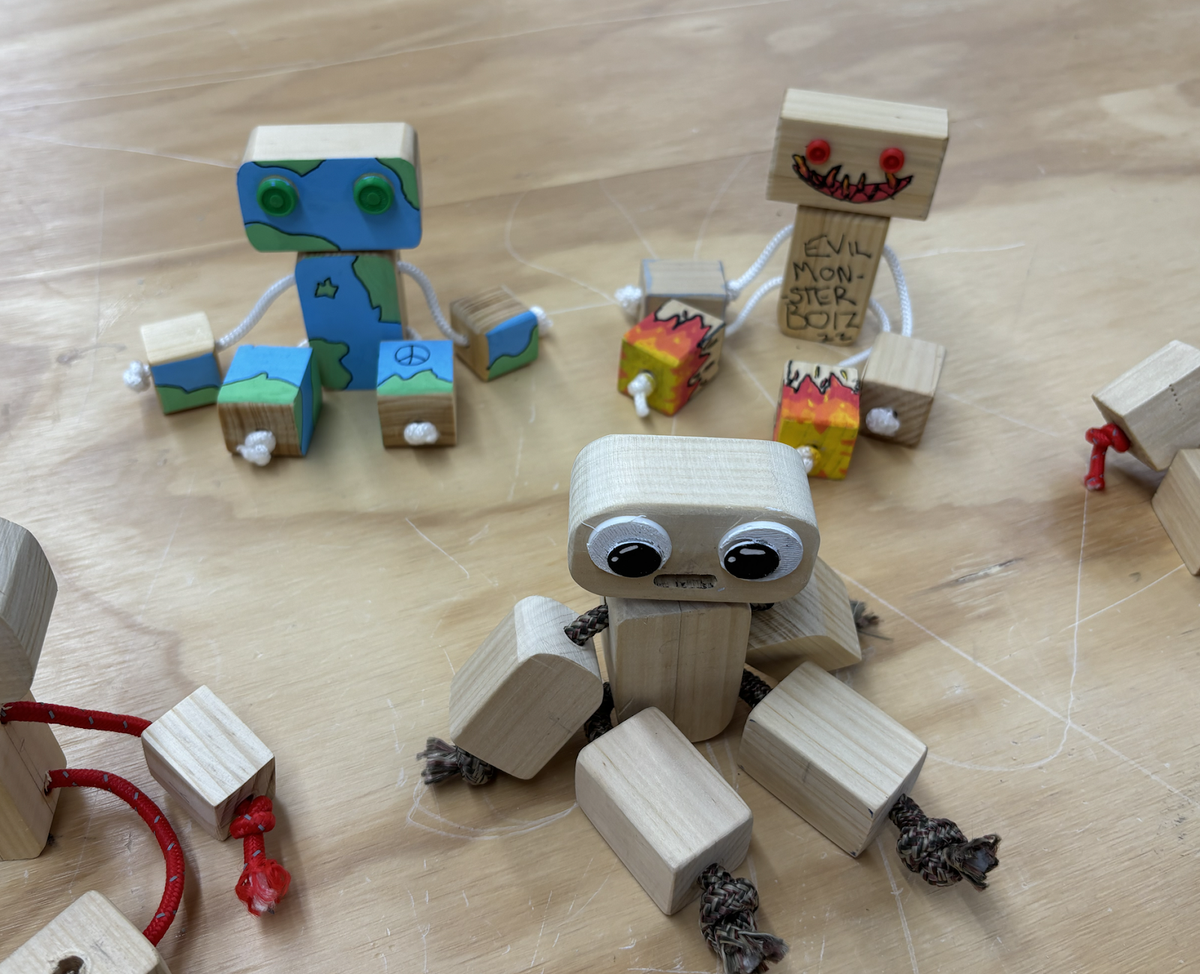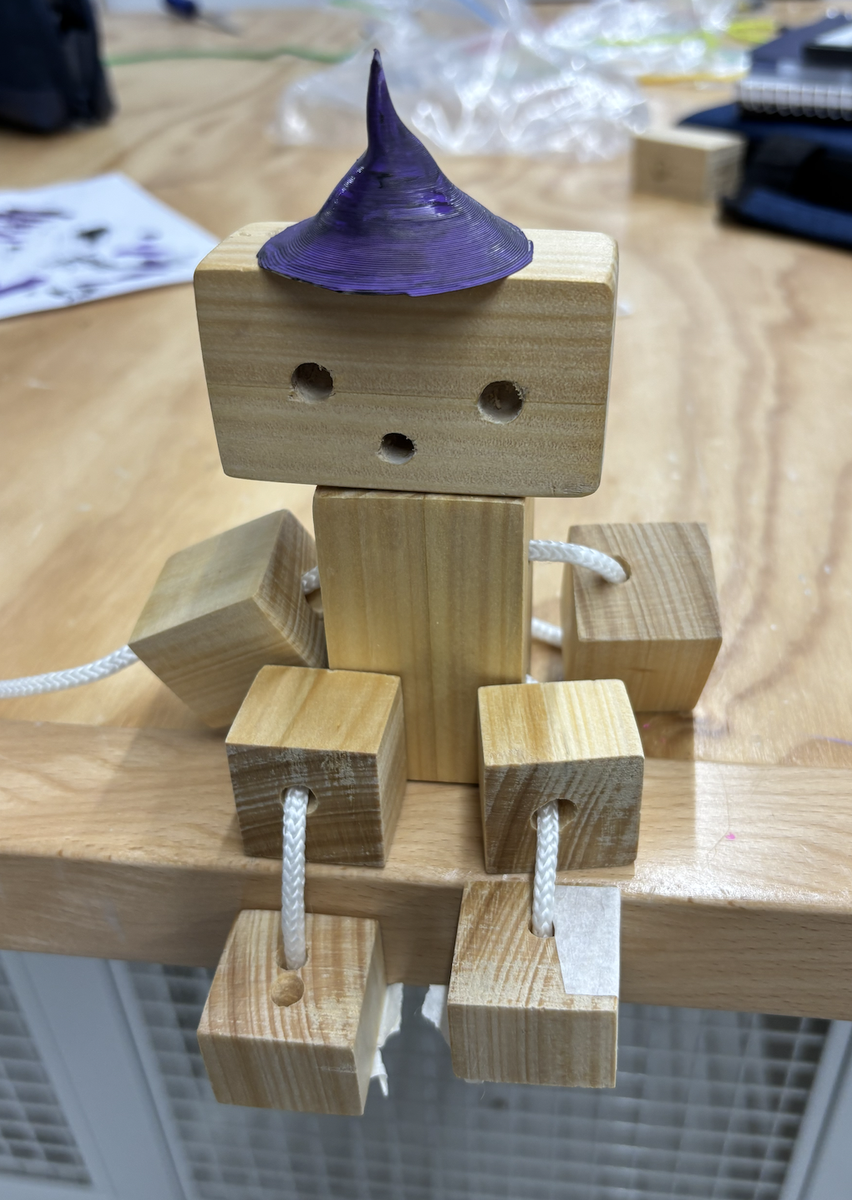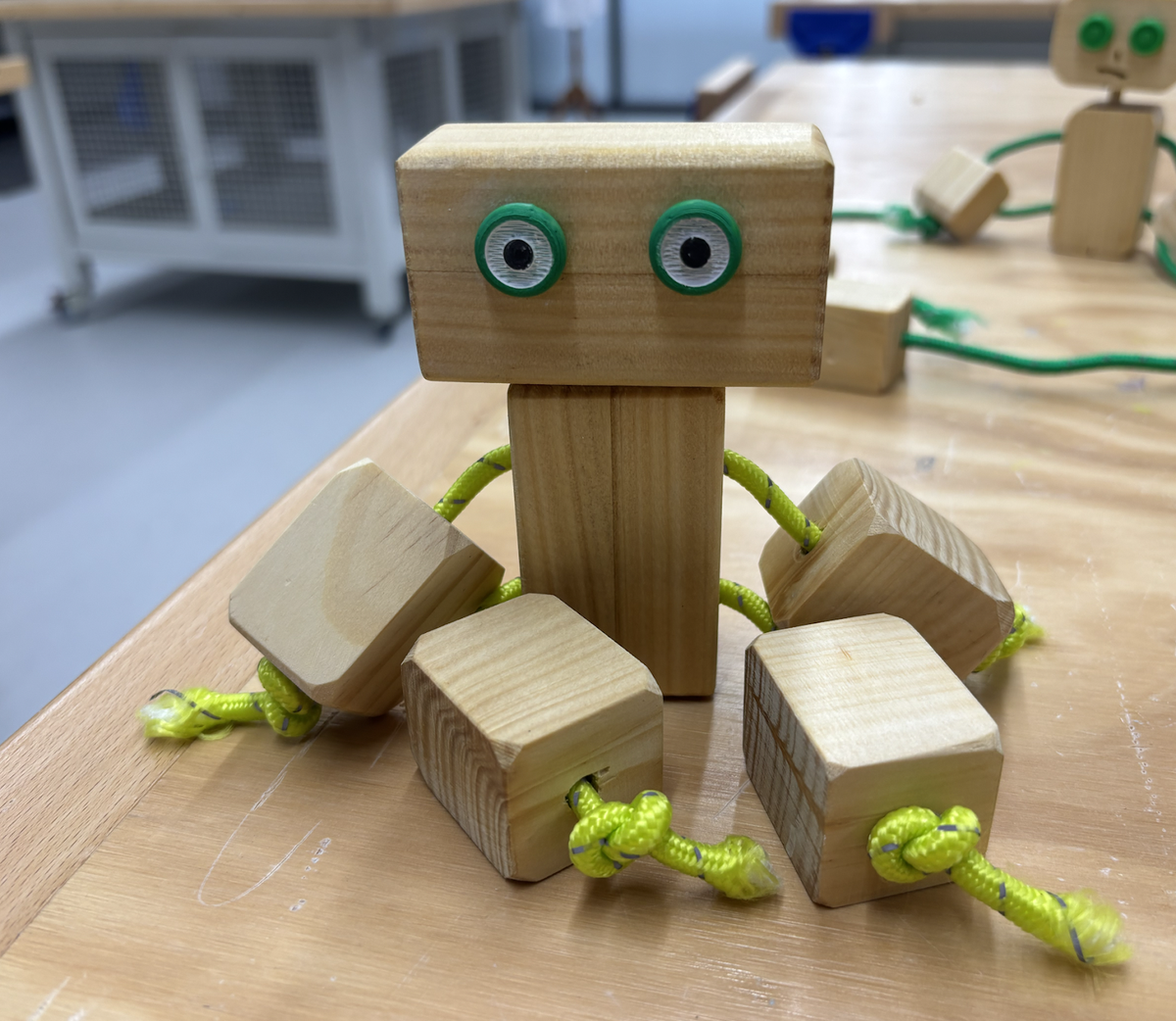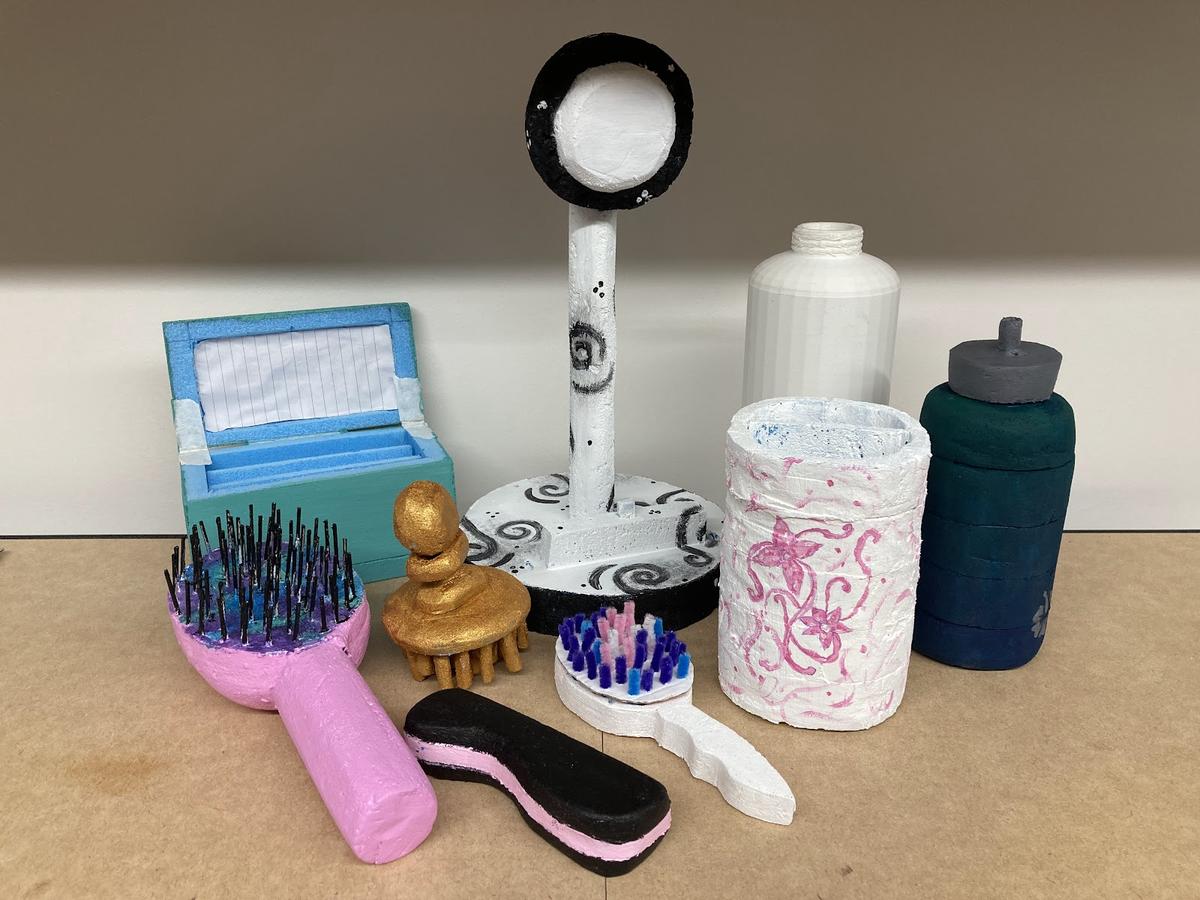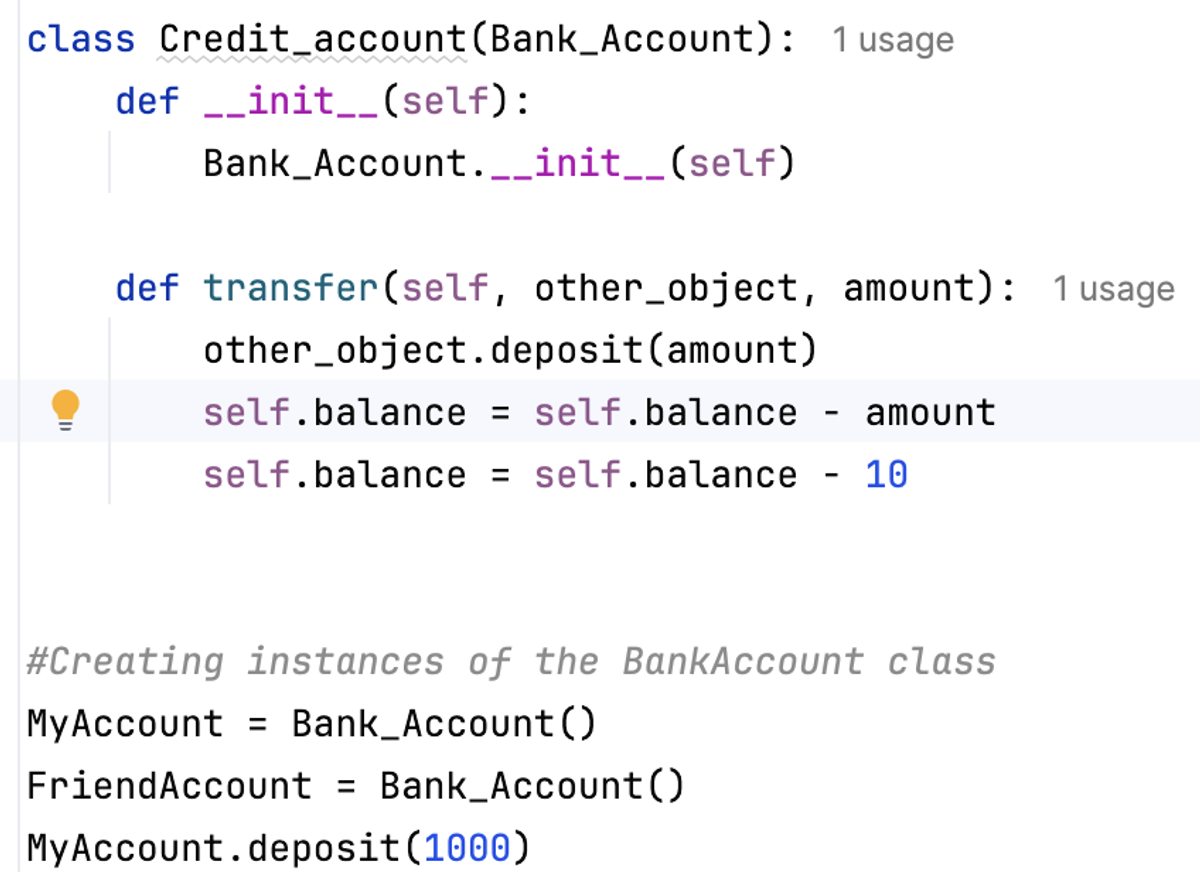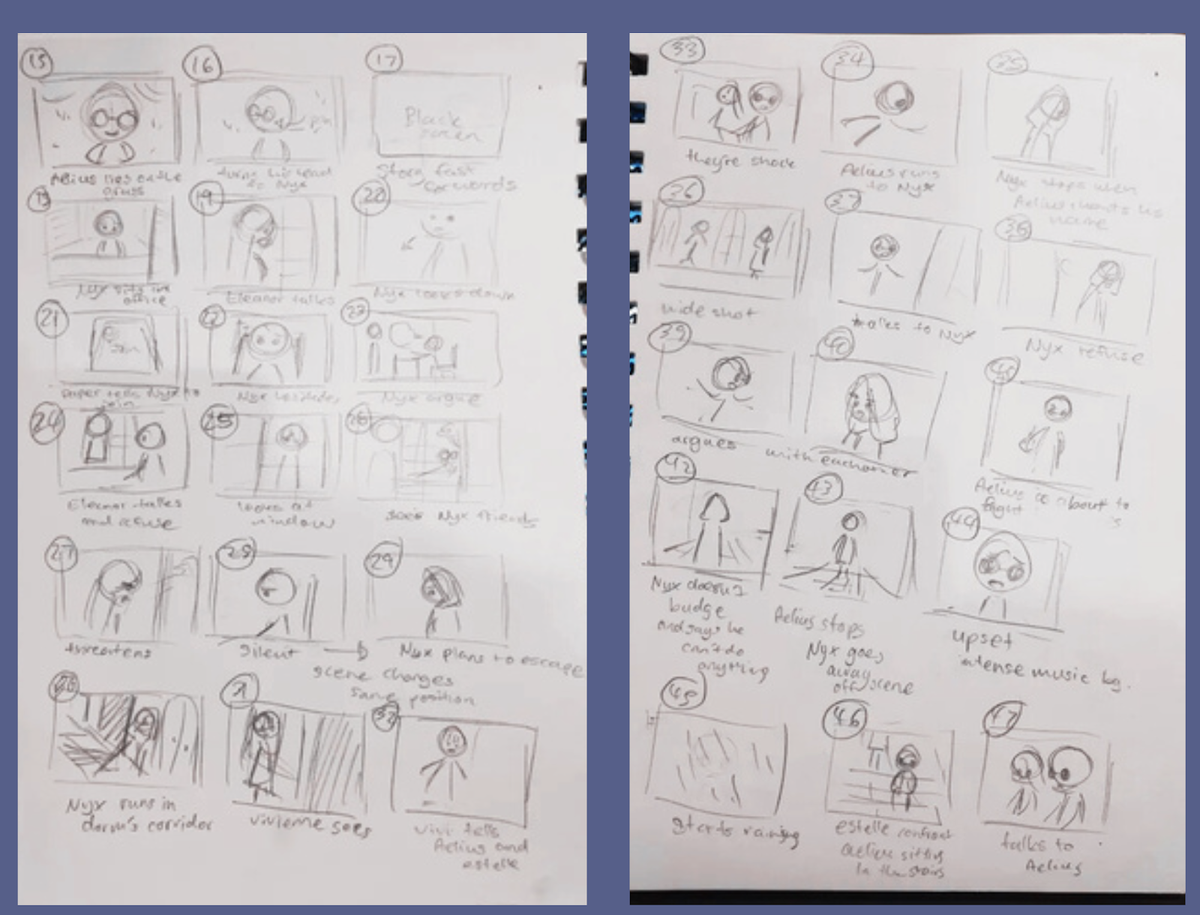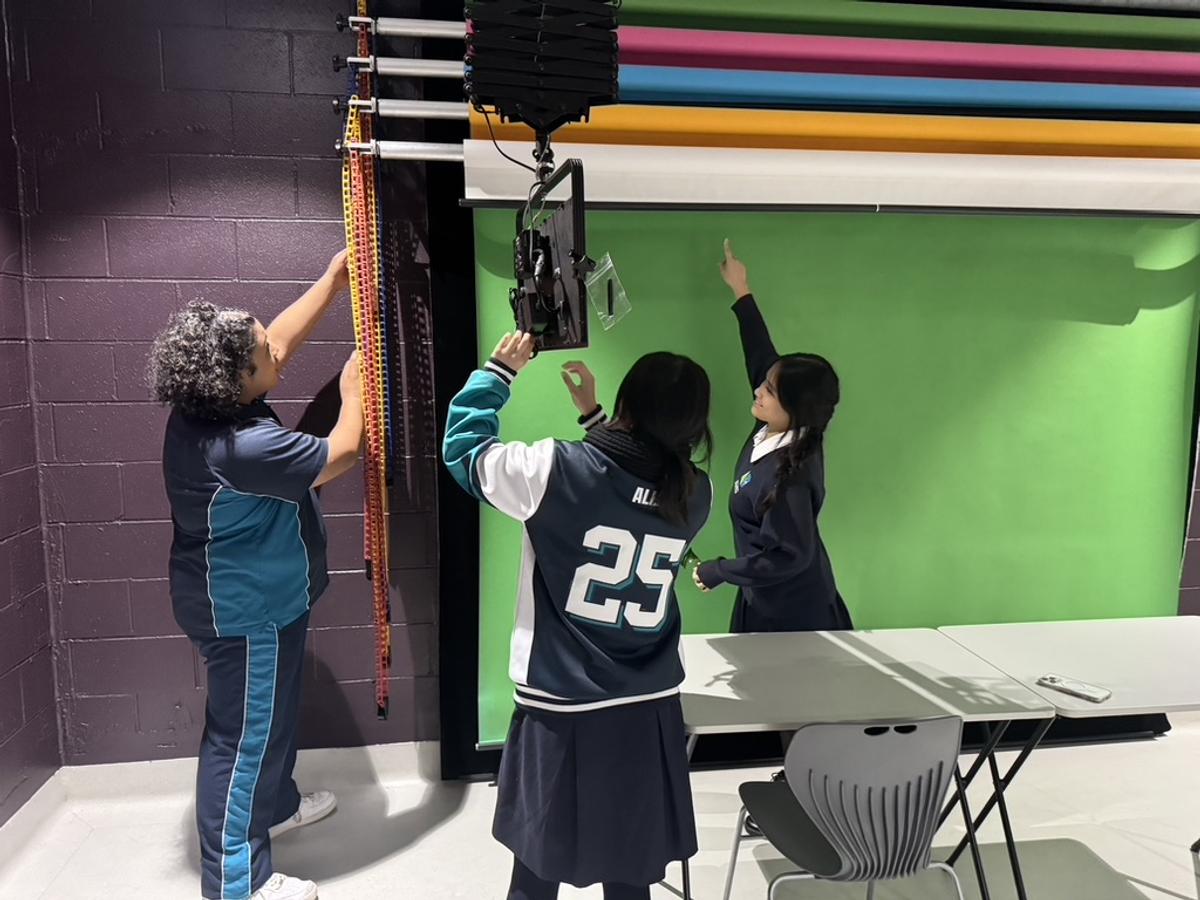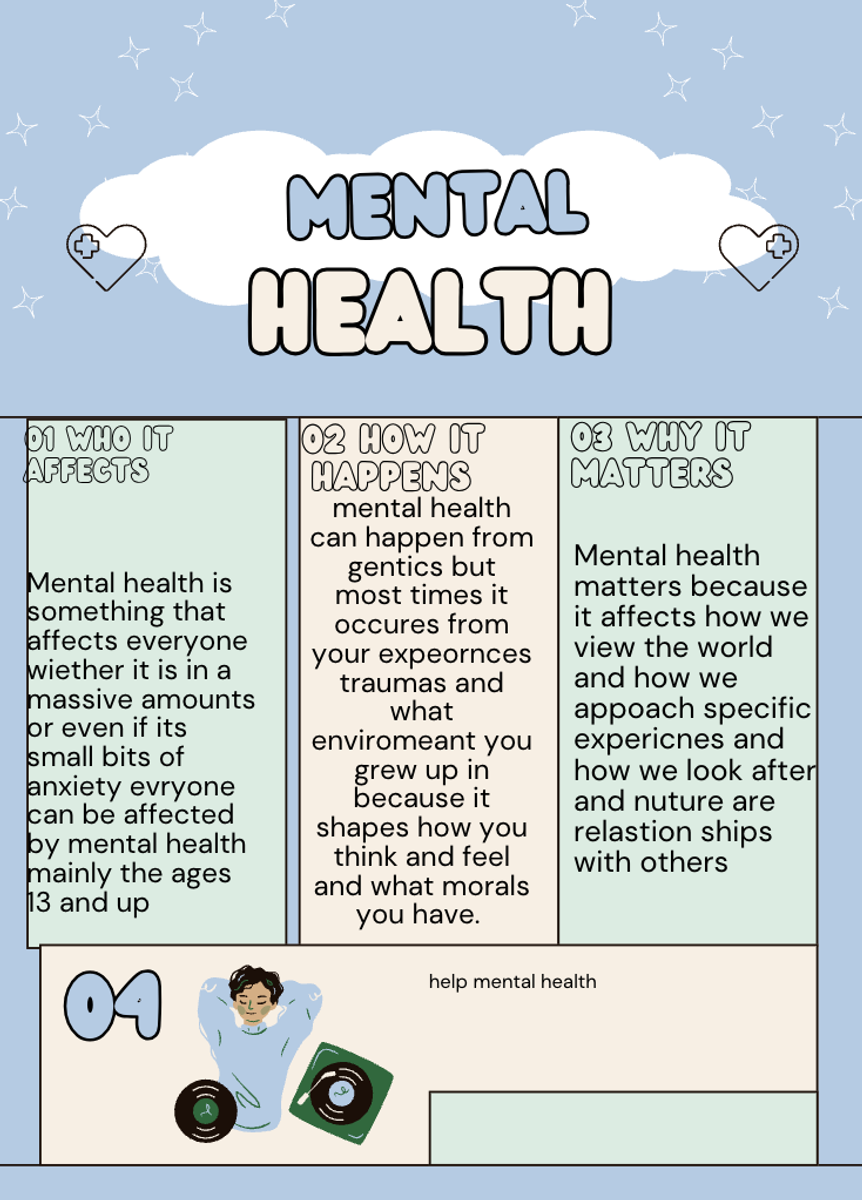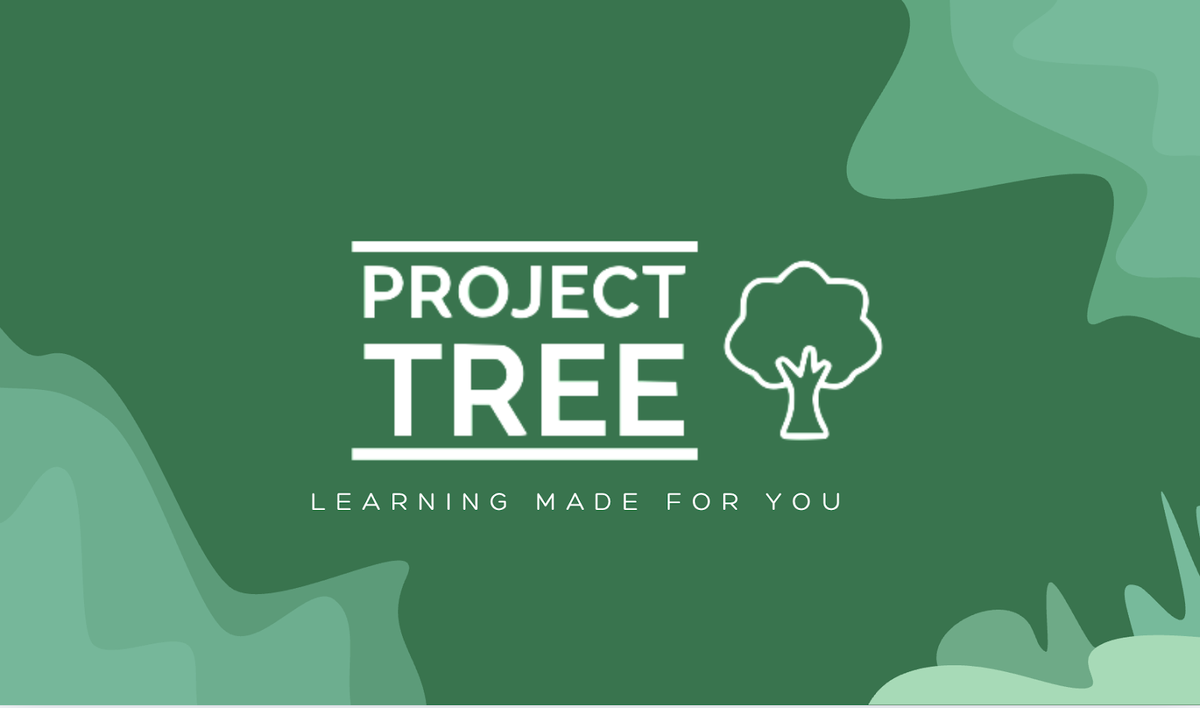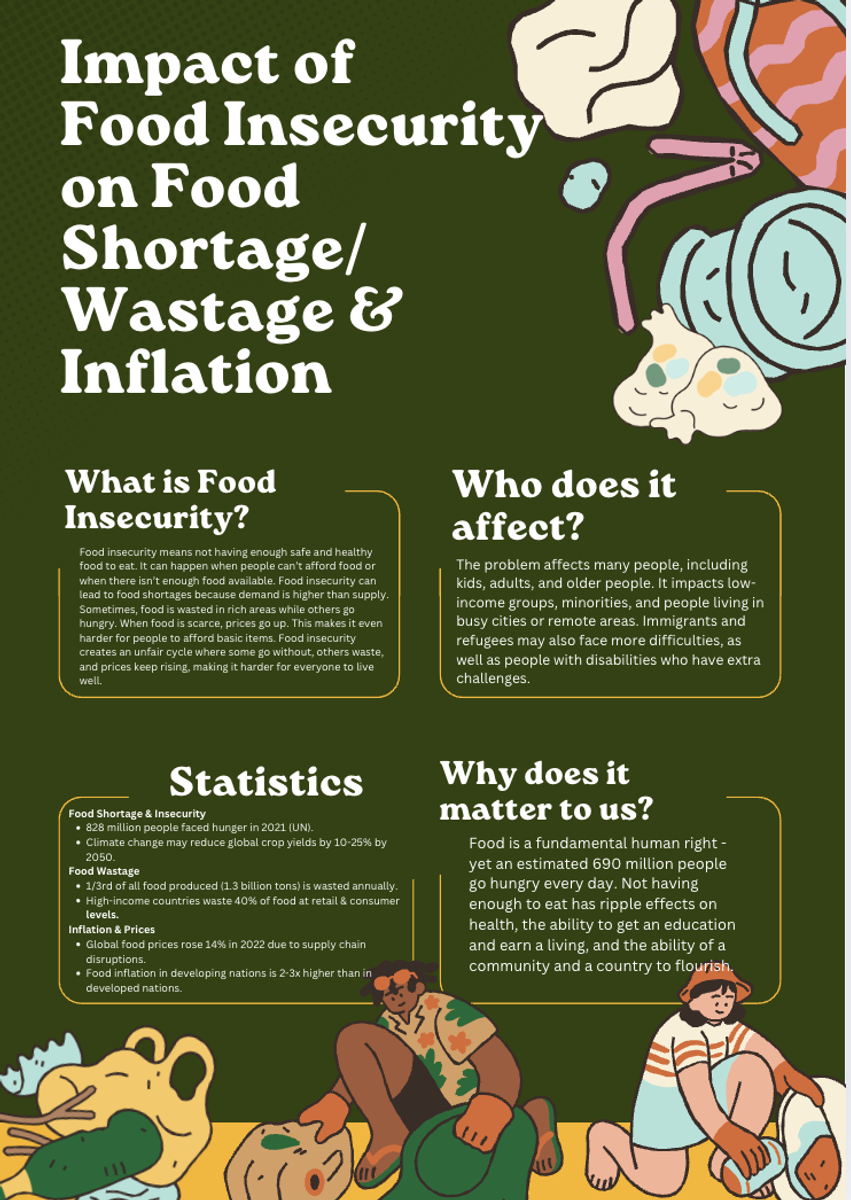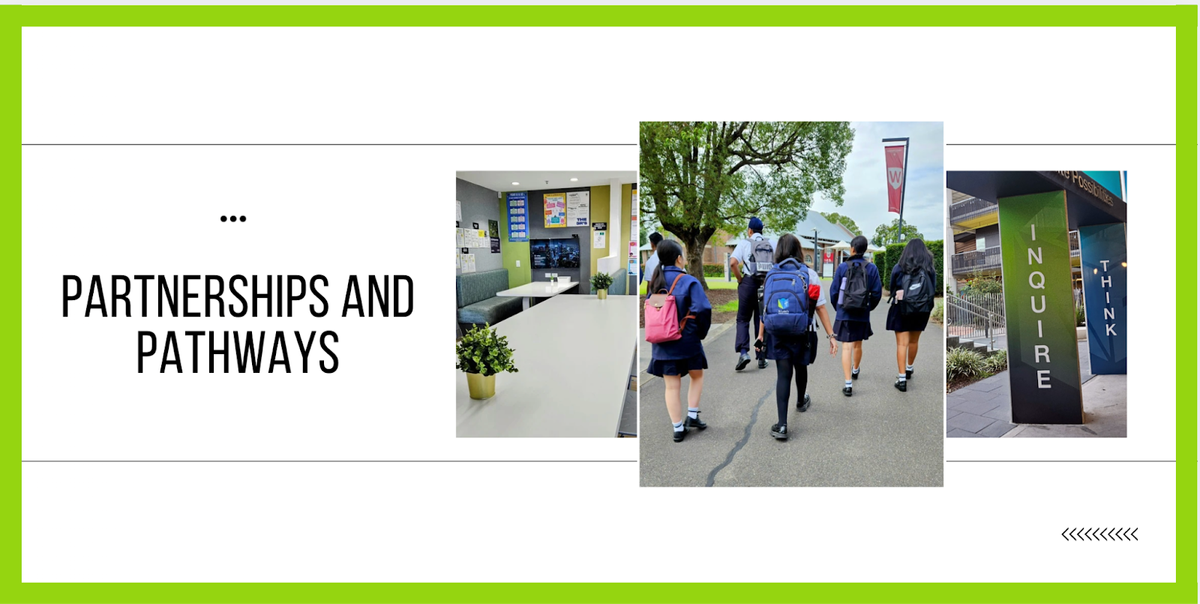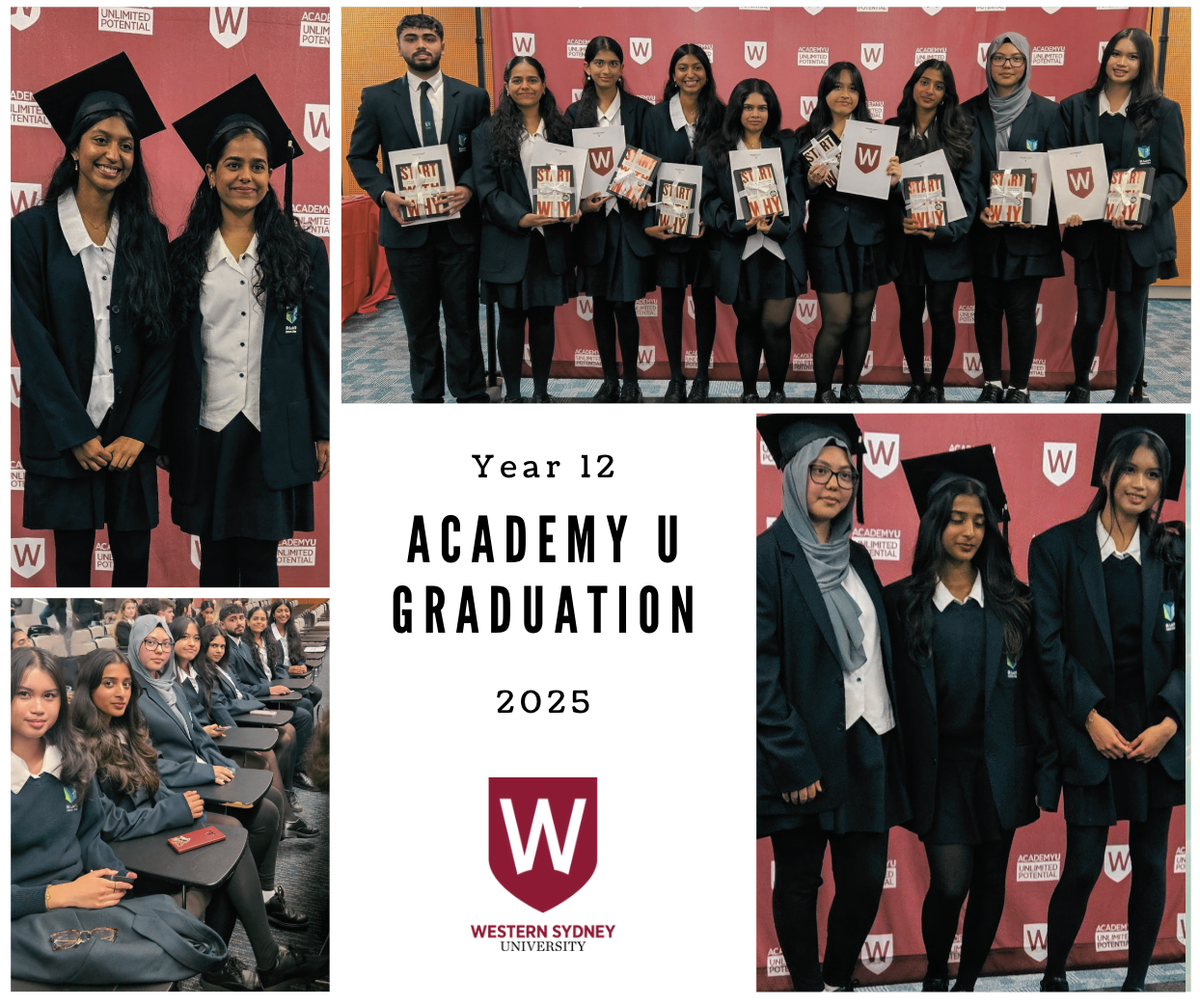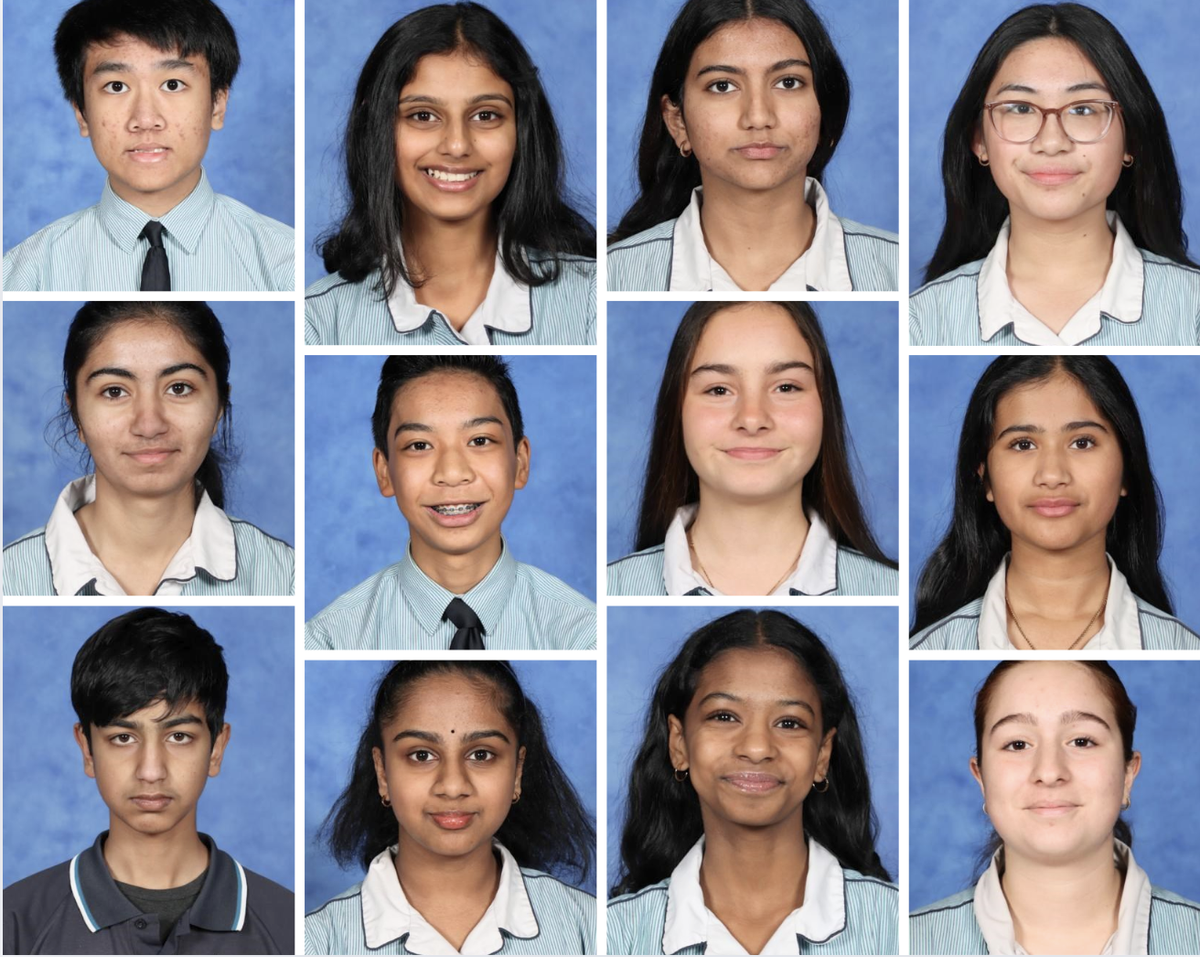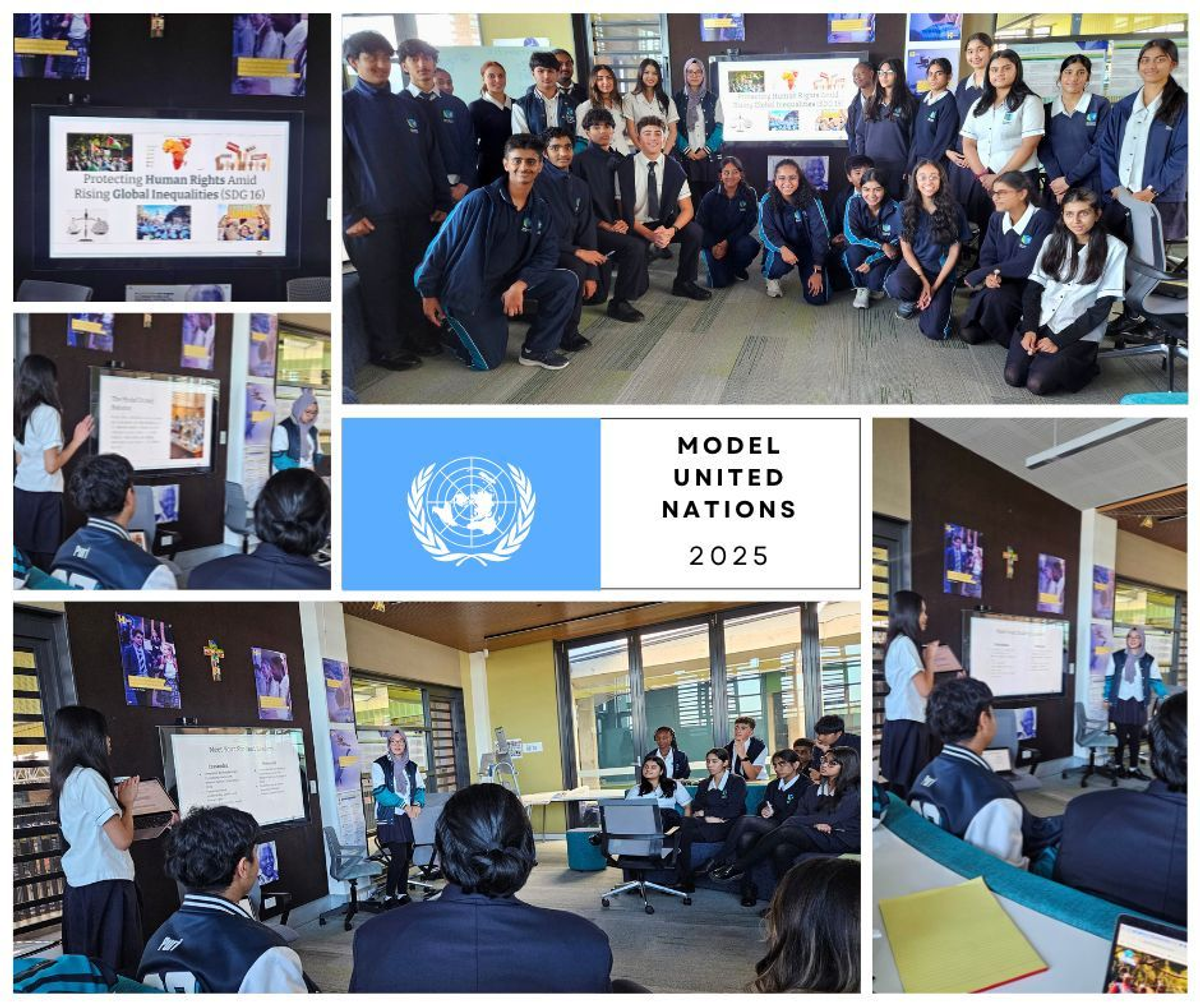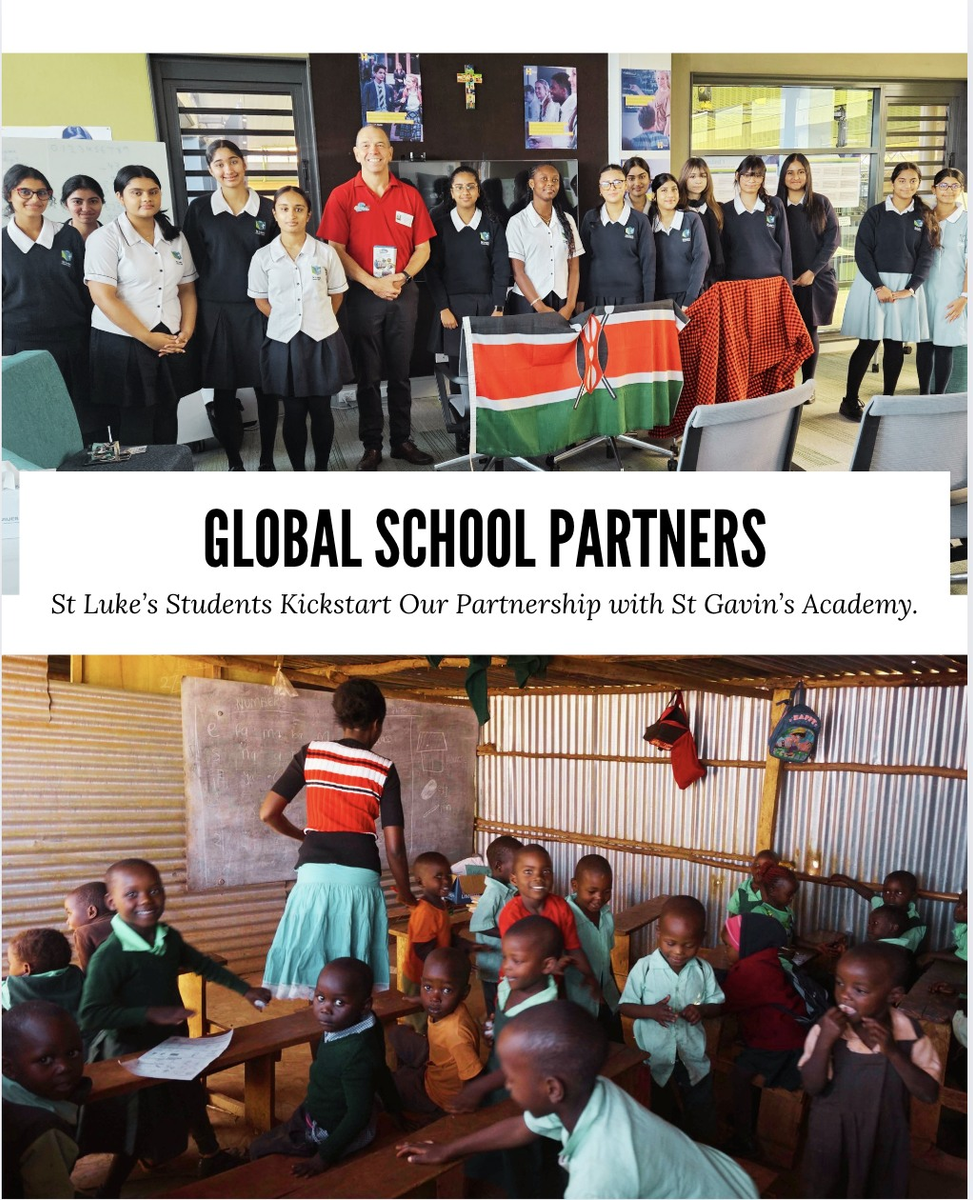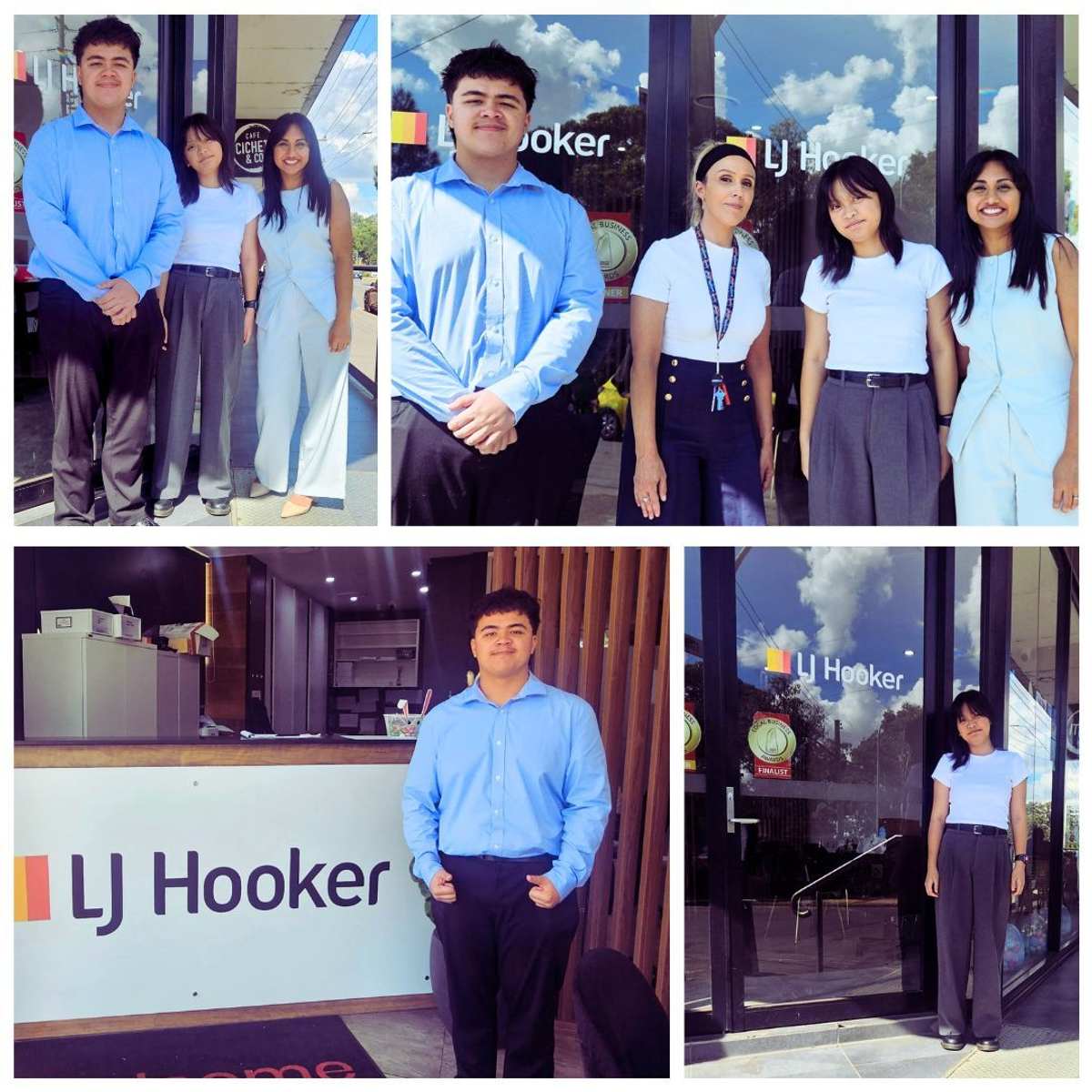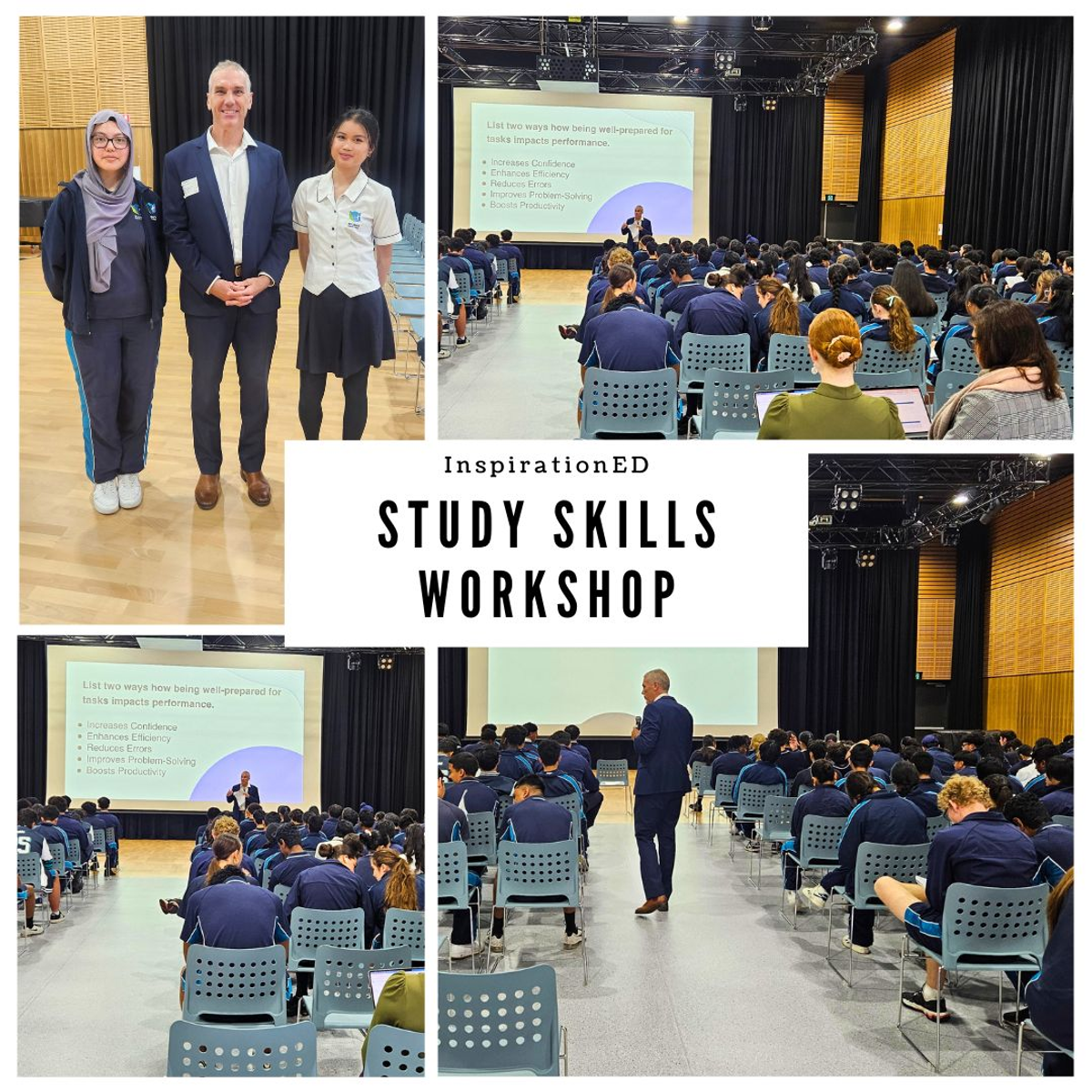School of Entrepreneurs
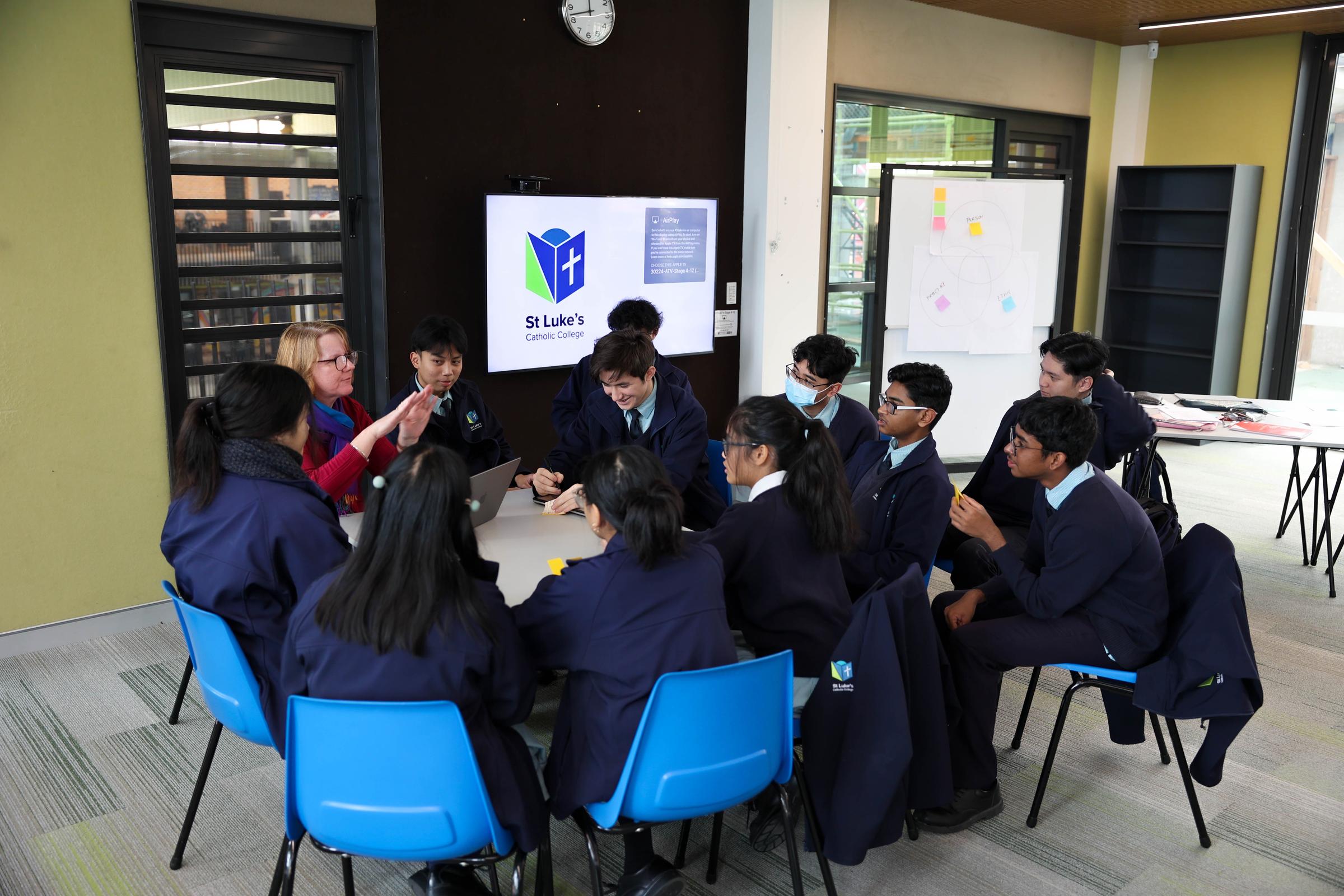
From the SOE Head of School
Dear members of the School of Entrepreneur community,
Ever wondered how you can help with your son/daughter’s study techniques, practices and routines?
In our continued mission to empower young learners, we recently explored how to support effective study habits and wellbeing in students in Year 5–12. This recent parent event was facilitated by a guest speaker from InspirationED and I wanted to share some of the key takeaways and practical strategies for you to try at home with your child/ren.
- Understanding the Developing Brain: Adolescents experience heightened dopamine sensitivity, meaning they often seek novelty and avoid effort. This makes it vital to help them develop resilience and a growth mindset early. Encouraging effort over outcomes builds perseverance and a belief in personal growth.
- Designing Effective Routines: Structure matters. Support adolescents with:
- Chunking their time and tasks
- Using the ‘Pomodoro technique’ or 45 minutes (work) : 10 minute (rest) blocks of work
- Blocking out time on a weekly calendar that includes sporting commitments, downtime and time for hobbies
- Distraction-free study zones and establishing clear workspaces
- Sleep and Nutrition
Fact #1: A single night of only 6 hours sleep can severely impair memory as much as missing a full review session.
Digital Discipline Fact #2: Australian teenagers spend 3.3 hours a night on screen time entertainment on school nights.
The factors below dramatically affect learning:
- 6–10 hours of sleep can improve memory retention by 12%
- A “brain on a plate” approach: include protein and complex carbs every 4 hours of study
- Exercise before studying boosts focus and learning
- No screens 1 hour before bed; encourage a calming nightly routine
- See this article from the Sleep Health Foundation for more information on the importance of sleep for adolescents.
- Leveraging AI Ethically
AI tools can be helpful learning aids when used responsibly. It’s important that adolescents are taught how to use this tool in a responsible manner so that it does not compromise their learning and it aligns with the ethical practices around assessment task completion. It can be used to:
- Generate quizzes or decode rubrics for learning
- Explain a concept to help with conceptual understanding and not using it for ‘copy and paste’ purposes
- Break down learning and clarify thinking
- As a “curious tutor”, not a shortcut to completing classwork or assessment
How Can Parents Help?
- Parents can coach their teenagers by using mentor techniques in their academic journey
- Praise marks, but importantly praise their effort and process engagement employed towards their learning
- Promote a growth mindset in discussions with their teenager by using elements of the WAGS approach:
- Welcome: “How are you?’
- Affirm: “What will you try next?”
- Gain: “What worked for you last time?”
- Set habit contracts to create gentle accountability
- Support adolescents by:
- Helping them decode feedback they receive from their teachers
- Converting comments into next-step actions with them
- Celebrating micro-wins weekly
- Using a pinboard or digital tracker to check off tasks
We encourage families to employ these above strategies with their children in their learning journey. HSC students are particularly encouraged to implement these strategies as they approach the HSc Trial Examination period in Term 3.
Ms Jacqui Genovese - Head of School, School of Entrepreneurs
What’s been happening in SOE?
PDHPE and Health Movement Studies
Year 11 and 12 Students Visit the Australian College of Physical Education
Our Year 12 PDHPE and Year 11 HMS students recently enjoyed an engaging and practical excursion to the Australian College of Physical Education (ACPE).
The visit allowed students to extend their classroom learning through hands-on experiences focused on energy systems, training types, and sports medicine. After a brief theory session, students participated in aerobic and anaerobic exercises, followed by fitness testing to observe how different energy systems operate under physical demand.
They also took part in an injury prevention and recovery session, gaining insight into effective techniques used in sports medicine—an area that directly supports their current studies.
We extend our sincere thanks to ACPE for providing our students with such a meaningful and educational opportunity.
Religious Education
In Year 9 students delved into the scripture passage: the Agony in the Garden. This lesson provided an exploration of hope amidst suffering. The independent study of the Garden of Gethsemane's geography and history offered students a tangible connection to the events, enhancing their understanding of the emotional and spiritual turmoil Jesus experienced. Engaging with the scriptures allowed students to delve into Jesus' humanity, fostering empathy and deeper insight into His suffering. The meditation session reflecting on the poem "The Garden," facilitated a personal connection, enabling students to express their reflections creatively through poems, letters, or audio recordings.
In Year 10 students learnt about the Beatitudes connecting it to their learning on decision making. The lesson was highly effective in fostering student engagement and reflection. The Beatitude Discernment Walk allowed students to connect scriptural teachings to real-life scenarios, promoting empathy and critical thinking. Integrating the Transcendental Precepts provided a structured framework that guided students' moral reasoning.
English
Our Year 11 English Advanced students had the opportunity to attend the Sport for Jove ‘Othello’ Symposium at the Seymour Centre.
This was an engaging and enriching experience for the cohort which brought Shakespeare’s play ‘Othello’ to life through dynamic performances, critical discussion and deep dives into character, theme and context.
The symposium also offered students the chance to hear from experienced actors and directors, sharpening their analytical lenses and helping them to appreciate the enduring relevance of Shakespeare’s work in new and exciting ways.
Our Year 10 students have been exploring the powerful question: Who has the right to control what we read?
Through the lens of banned and challenged books, students are critically engaging with ideas about censorship, freedom of expression, and the role of literature in shaping society. This unit we have seen students engaging in thoughtful discussion which has allowed them to understand the social, cultural, and political forces that influence what stories are told—and which are silenced.
Our Year 9 students are diving into the world of protest poetry as they explore the driving question: Whose voice is worth listening to?
They have been studying powerful poems that respond to social, cultural, and environmental issues. Students are learning how language can inspire change and give voice to the unheard. As part of this unit, they will craft their own poems of protest—using their words to speak out, stand up, and engage with the world around them.
TAS
Design create innovate Year 9
Year 9 Design, Create and Innovate have been learning about how to measure, mark, cut, drill and sand wood. They also learnt how to use a computer CAD program called Fusion 360 to 3D print Robot Guy’s eyes and other accessories. Their first project for the year was to create a ‘Robot Guy’. The students have a great time adding their own individual flair to their robots.
Design and Technology Year 10
Term 1 10DT Redesign prototypes
All Year 10 students have started the Design and Technology Preliminary course. This gives them the opportunity to continue and complete the HSC course during year 11 and have 2 units banked towards their HSC. In Term 1 students designed and made a handheld prototype of a redesigned household product of their choosing. Students worked through the design process, framing the problem, doing research, creating initial ideas before shaping in foam, cardboard or even 3D printing. Students completed their designs at the end of term one and have started a new project where they are free to follow their passions and interests in design in the Minimajor project.
Software Engineering Year 11
In Term 1, students were introduced to the Fundamentals of Programming where they learned design and coding skills in order to develop a student quiz program. In Term 2, students are developing their skills by learning about new approaches to structuring and designing their code. Currently students are designing a Bank Account System. In this unit students are attempting to meet the requirements of a Bank Account System whilst improving the efficiency of the code in the way they arrange the data and logic involved. This will culminate in students developing their own prototype that allows them to apply these concepts to a project of their choice. Students are definitely in the “learning pit” by essentially learning a new language, but are making connections and increasing their understanding as we explore and apply programming concepts.
Excerpt of code that Year 11 Software Engineering students have developed.
IT Multimedia Year 12
In Year 12 Multimedia, students have been working on the planning and production stages of their major projects. For students submitting a short film or animation, this involves creating a detailed storyboard that depicts a frame-by-frame visual representation of their film, along with a brief written description of what is to occur in each shot. Once the storyboard and script are complete, students can begin filming. In the production stage, students have access to excellent facilities, including filming, streaming, photography, and podcast studios. Students have learned how to work with a range of professional equipment, including cameras, green screens, lighting setups, and audio recording equipment. The completed major projects are due August 14th 2025.
Life Design- Year 9
This term, our Year 9 students have stepped into the shoes of young entrepreneurs through the Future Anything program—an immersive, action-packed experience where students ideate, prototype, and pitch their own youth-led social enterprises designed to make the world a better place.
The Future Anything program aligns powerfully with our school’s Life Design framework, encouraging students to explore not only what they can do, but also why they want to do it—and how they can have a positive impact on their community and the wider world.
The creativity and passion shown by our Year 9 students so far has been extraordinary. From eco-friendly products to mental health support initiatives and inclusive technology solutions, the ideas emerging from our classrooms are both inspiring and deeply thoughtful.
Pathways and Partnerships
Throughout the term, we’ve worked closely with students to create personalised career plans, explore study and training options, and set clear goals. These sessions aim to build students’ confidence in researching careers and understanding the steps needed to reach their goals. A range of helpful resources is also available for both students and parents.
Career Snapshots
- Guides to 100 different career pathways that include an overview, the expected growth, average salary, pros and cons, skills needed, tasks, tips for students and the different pathways. There are a mix of careers, including trades, TAFE pathways, traineeships, and careers requiring a university degree. Access the guides here
- Guides to different universities, pathways, early offer schemes, applying for university, scholarships, and more. Access the guides here
- Guides and information about trades, apprenticeships, and traineeships, including the different industries and pathways. Access the guides here
- Guides and information about alternative pathways to university, including university college diplomas that act as a direct pathway to the second year of a degree for students who may not meet the ATAR requirements. Access the guides here
University Collaborations
I recently reached out directly to academics from a range of universities to explore how we can create partnerships and opportunities to assist our students as they navigate the final stage of their school journey. The response has been overwhelmingly positive, with academics from USYD, UTS, WSU, and ACU offering to work with our students. This will include workshops, Zoom sessions, department tours, and our new “Ask an Academic” initiative, where students can directly email academics to ask questions about their field of interest. So far we have over 20 academics happy to participate from fields including medicine, engineering, data science, psychology, education, and maths,
ACADEMY U GRADUATION
While on the topic of university, our Year 12 Academy U students have officially graduated! They completed a first-year subject, Leadership in Complexity, while still in high school. All are now eligible for a conditional offer to Western Sydney University, with the subject counting as credit towards a future degree. Special congratulations to Mishwa and Anika, who graduated with distinction!
AND THE JOURNEY BEGINS FOR OUR NEXT ACADEMY U STUDENTS…
Introducing our new Year 9 Academy U participants who have been selected to participate in this exciting opportunity. Congratulations and we look forward to being a part of your journey.
Building Vital Skills
While academic achievement is important, there are also other skills that are vital in every workplace. That's why we’re happy to support programs that help students strengthen their abilities in leadership, problem-solving, critical thinking, collaboration, and global awareness.
Model UN (MUN)
This after school program was initiated by two students in Year 12. It gives participants hands-on experience in research, public speaking, diplomacy, and critical thinking, all important for careers in law, politics and international relations.
Global School Partnerships: Kenya
We have a new international partnership with a school in Kenya. Students will be leading this initiative (which will officially kick off in Term 3) and get involved in fundraising, creating awareness, starting a letter writing program, and more.
Work Experience
Two of our students gained valuable experience, developed new skills, and got a closer look at the world of real estate thanks to LJ Hooker, Schofields.
Study Skills Workshop
Year 11 and 12 students participated in an engaging and informative Study Skills Workshop designed to equip them with essential tools for academic success. The workshop was tailored to help students develop good study habits. With practical tips and hands-on activities, students left the session feeling more confident in their ability to tackle assignments, exams, and future challenges.
